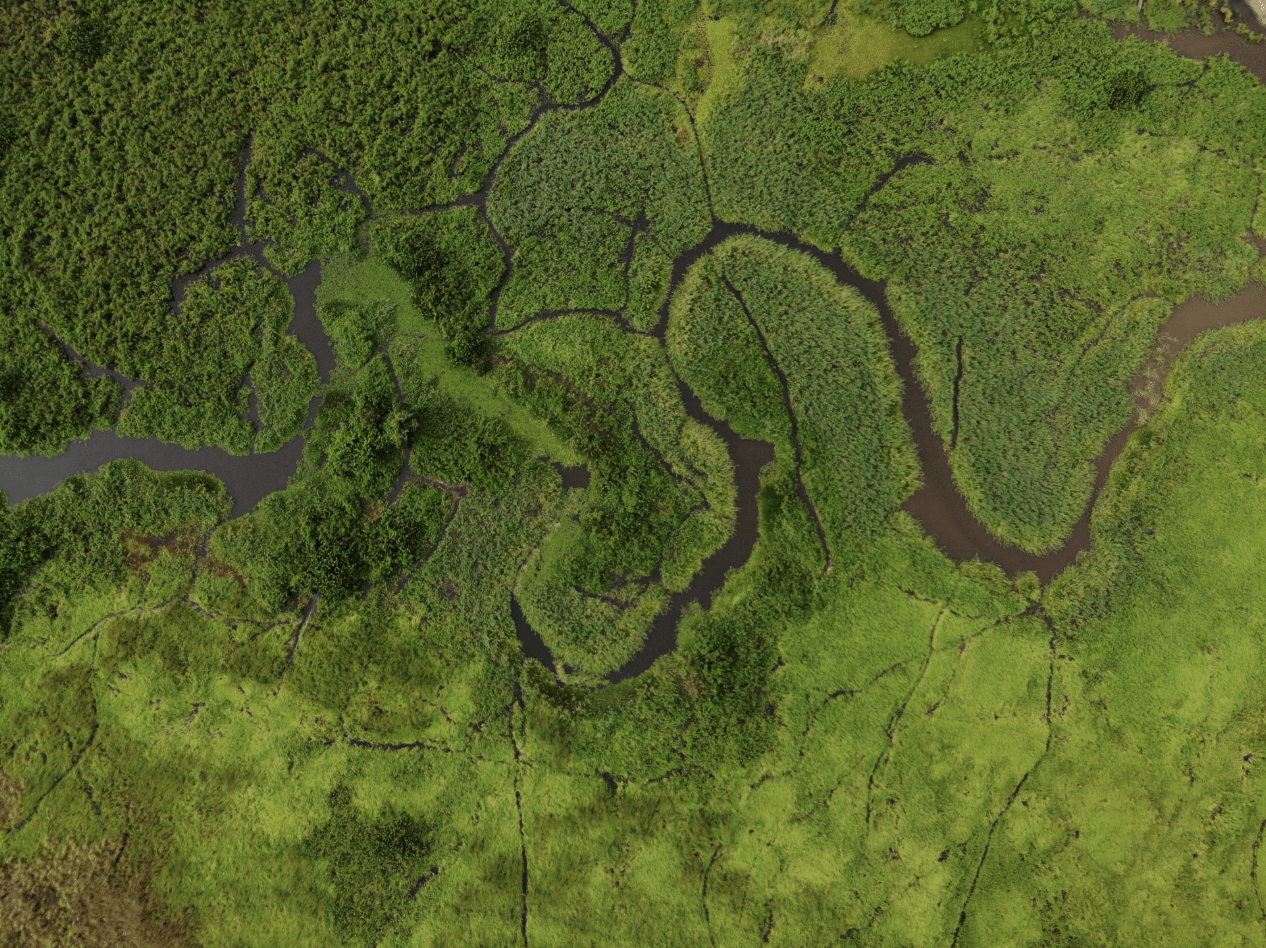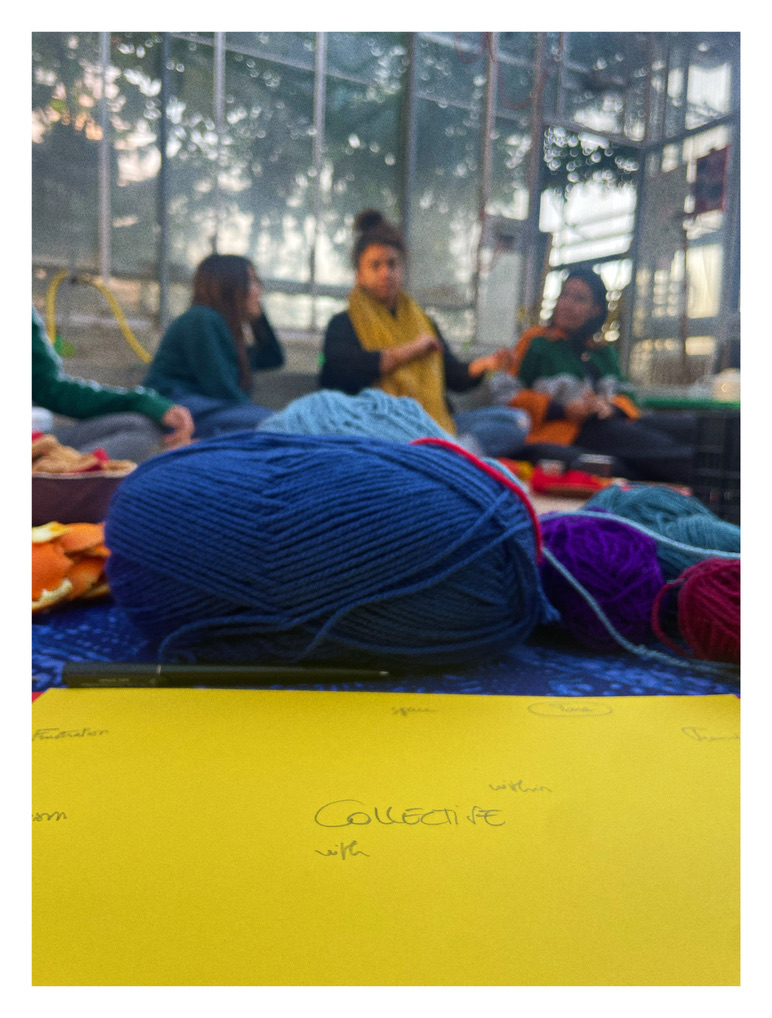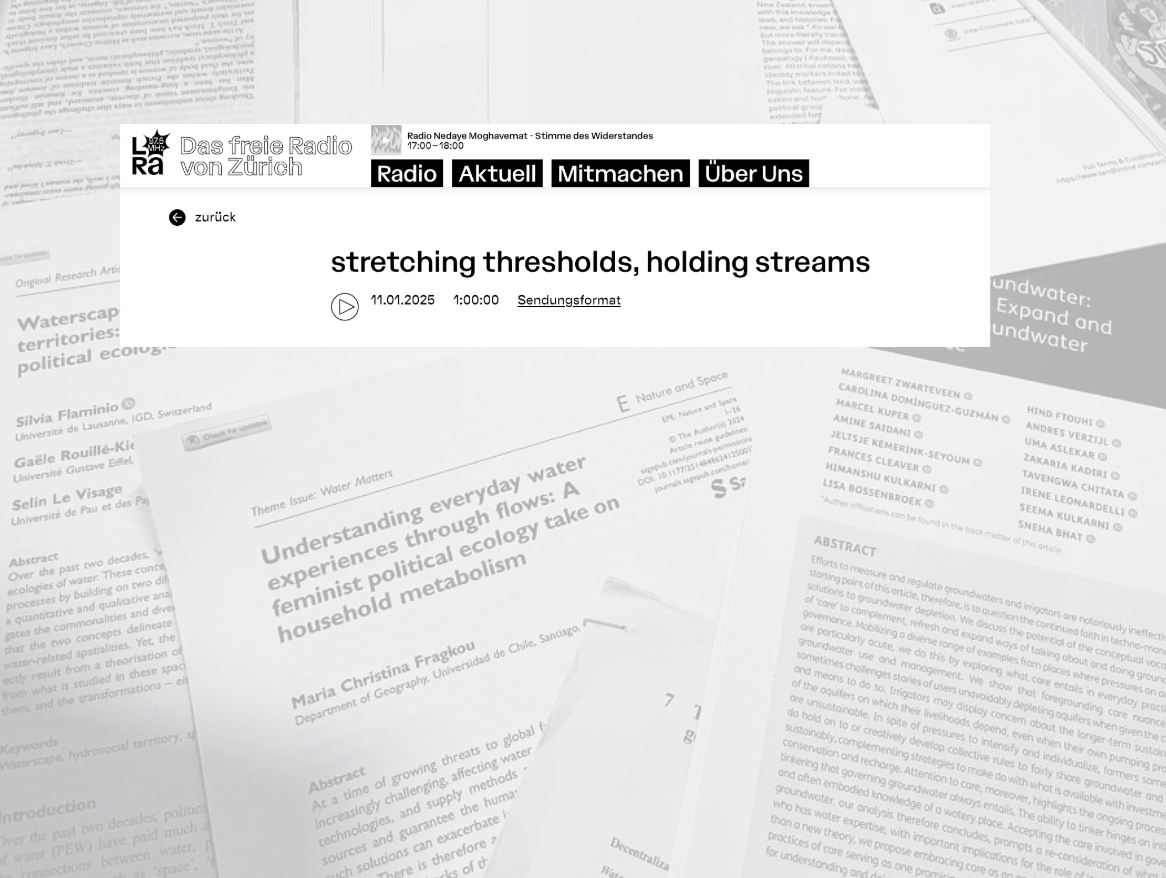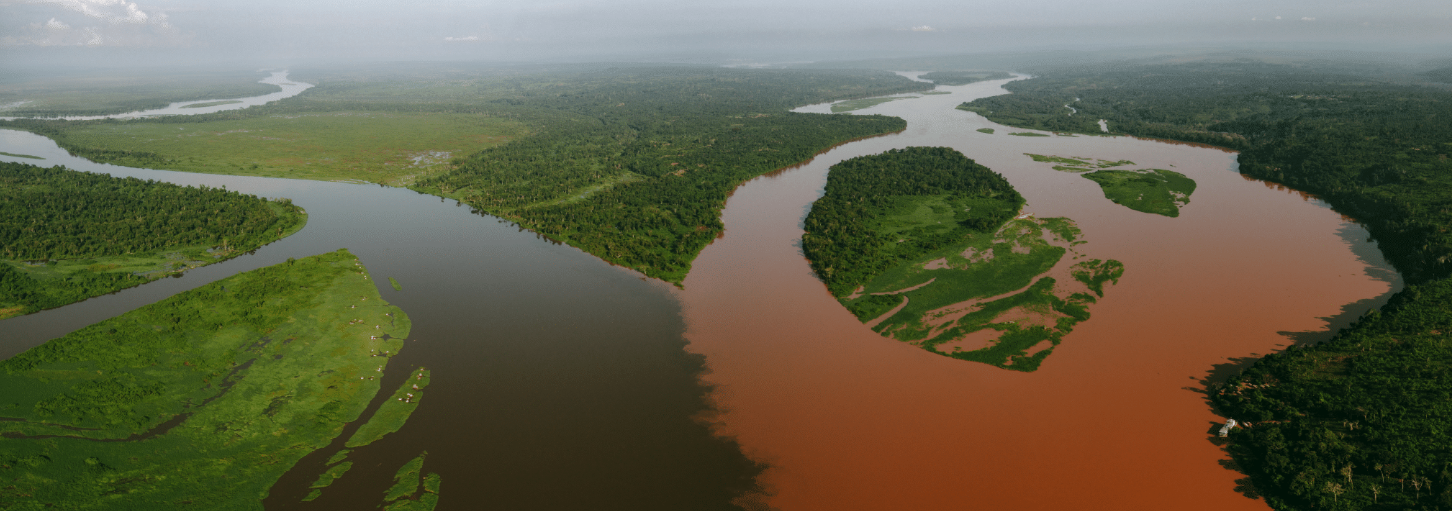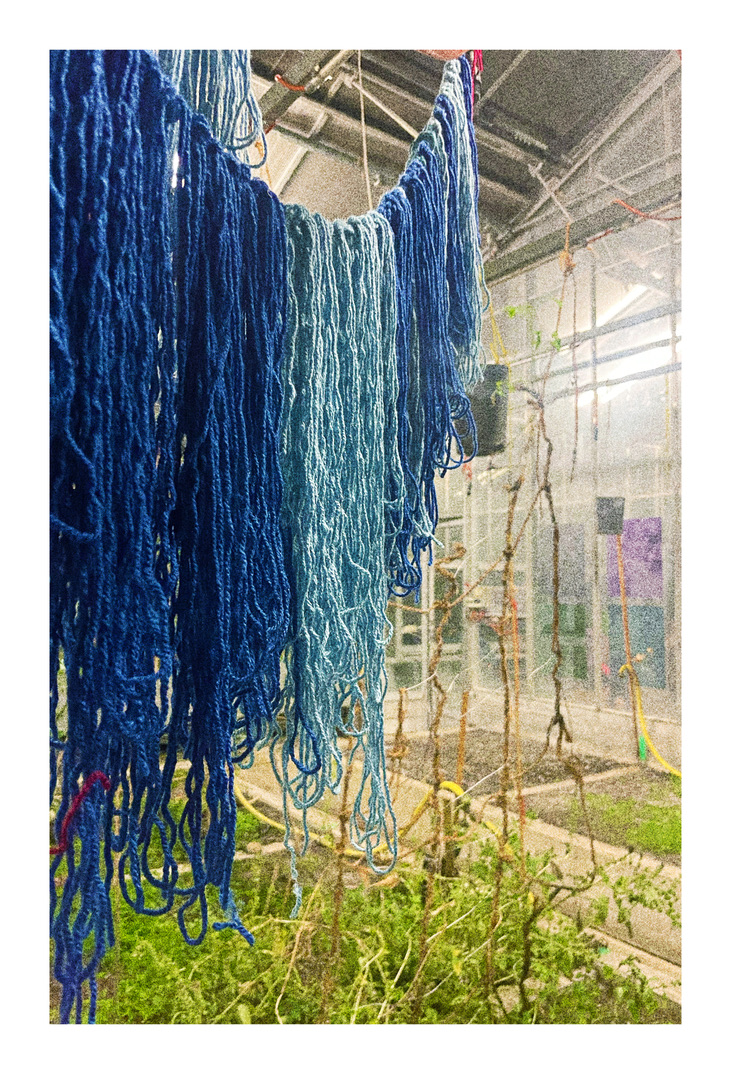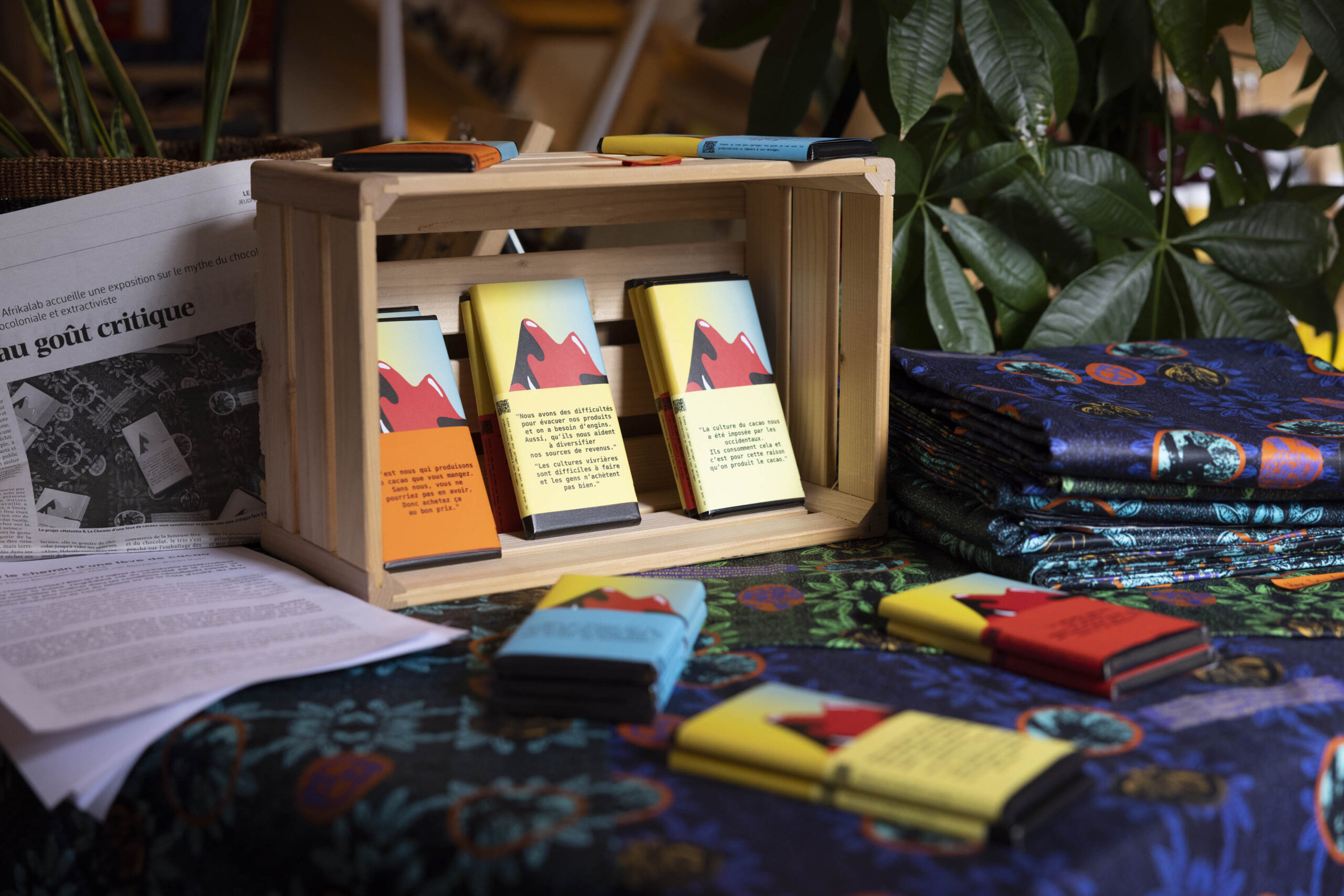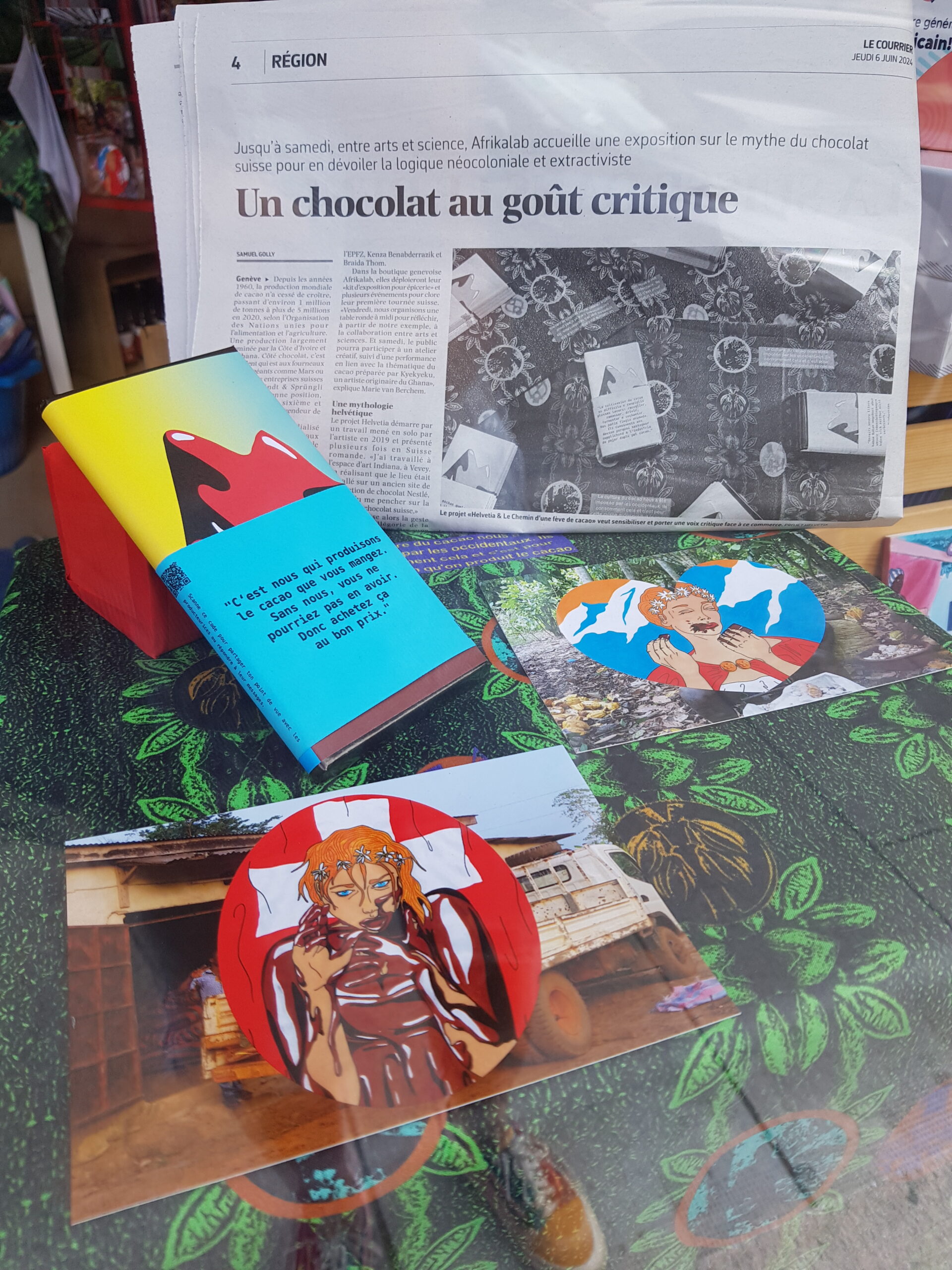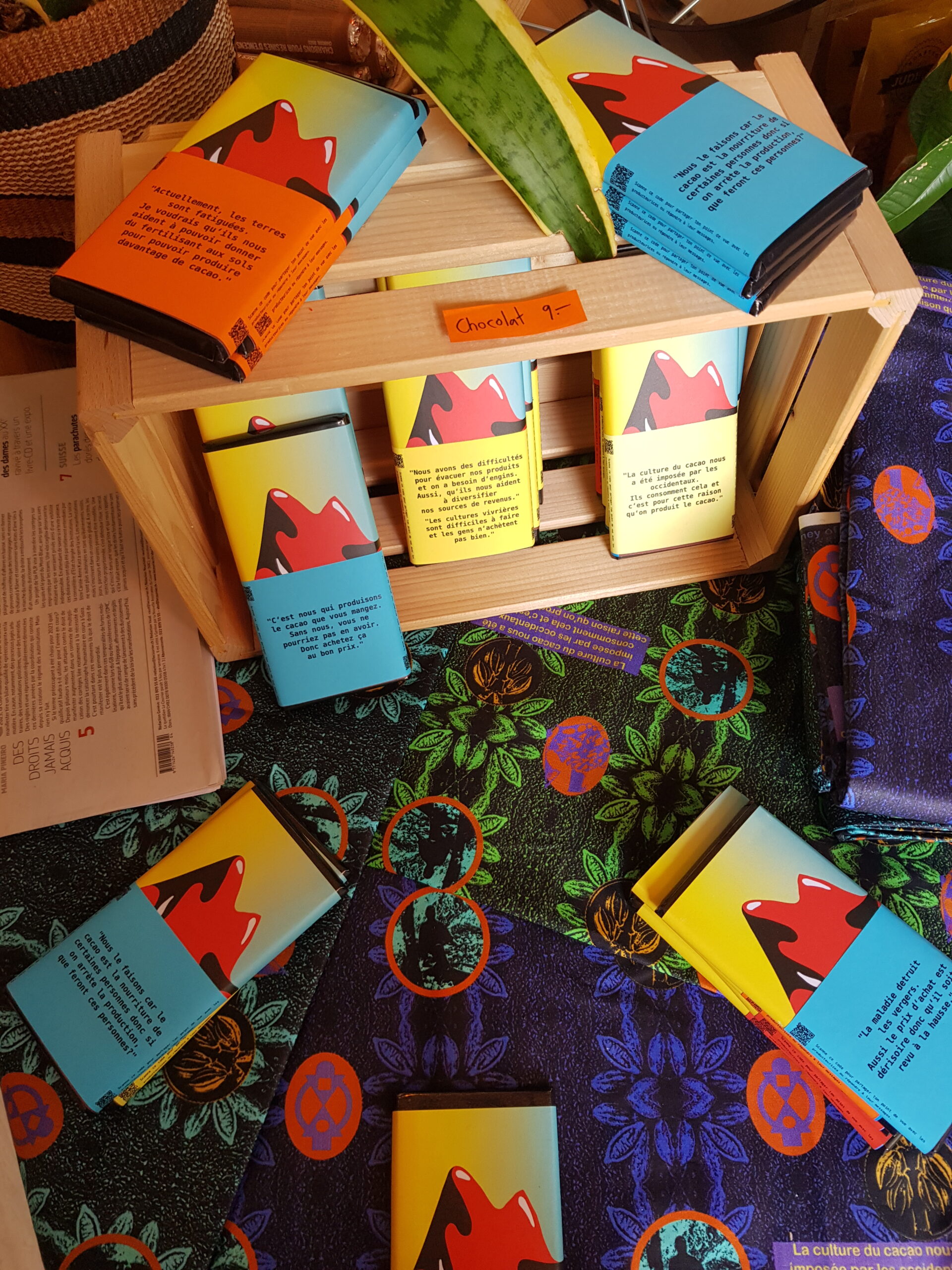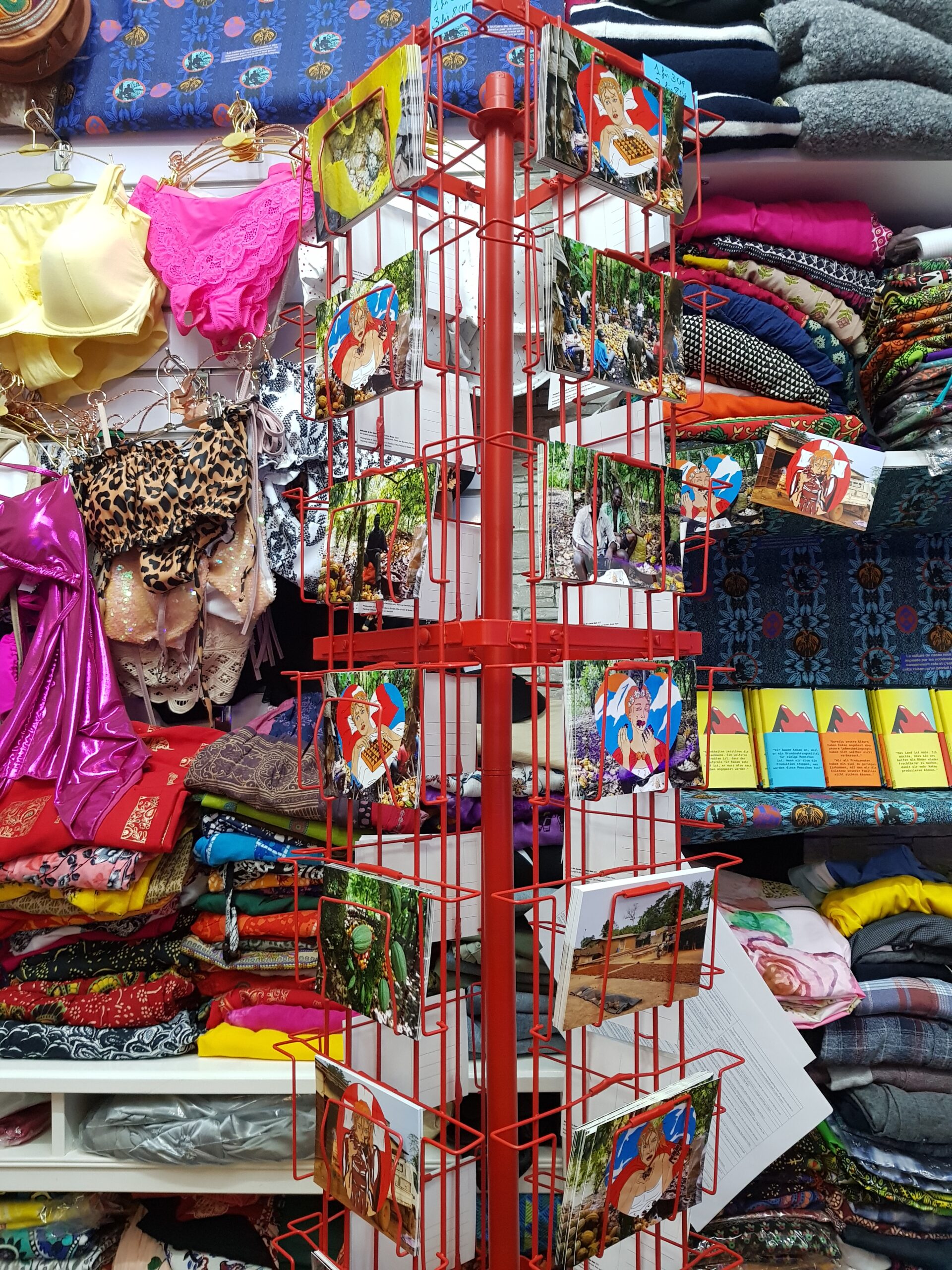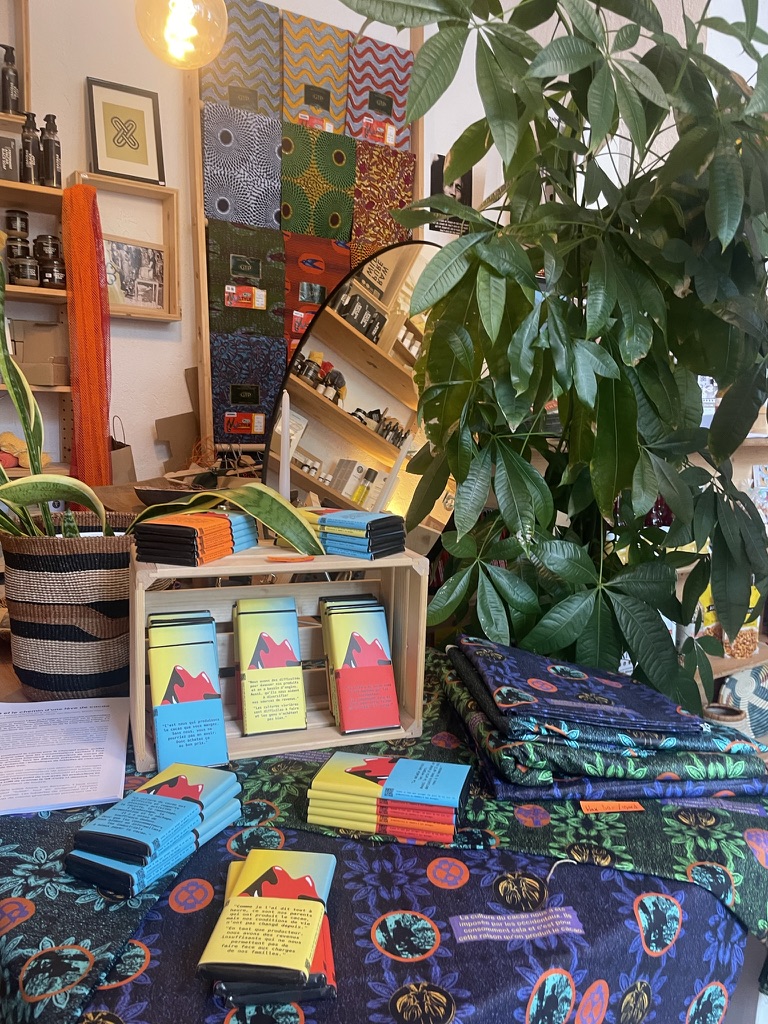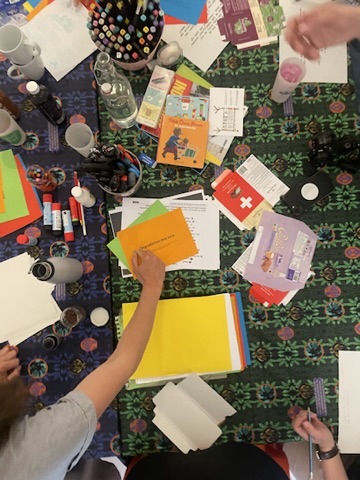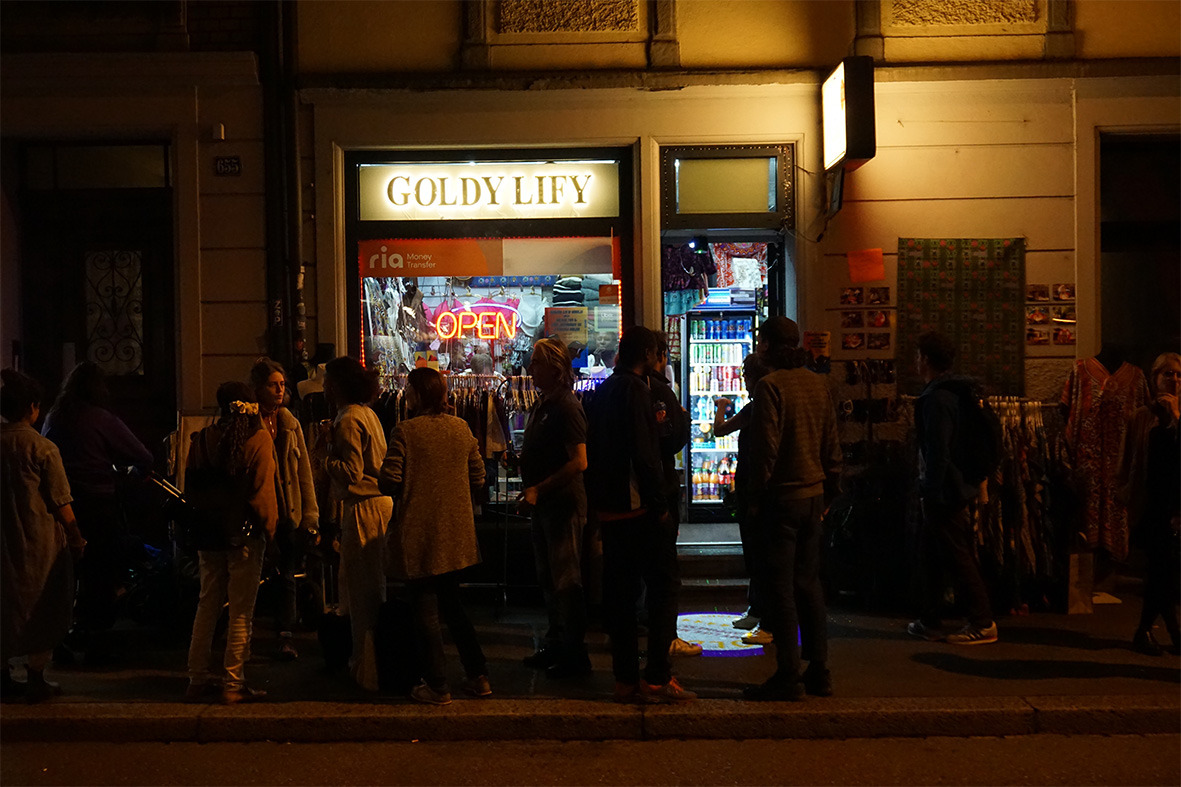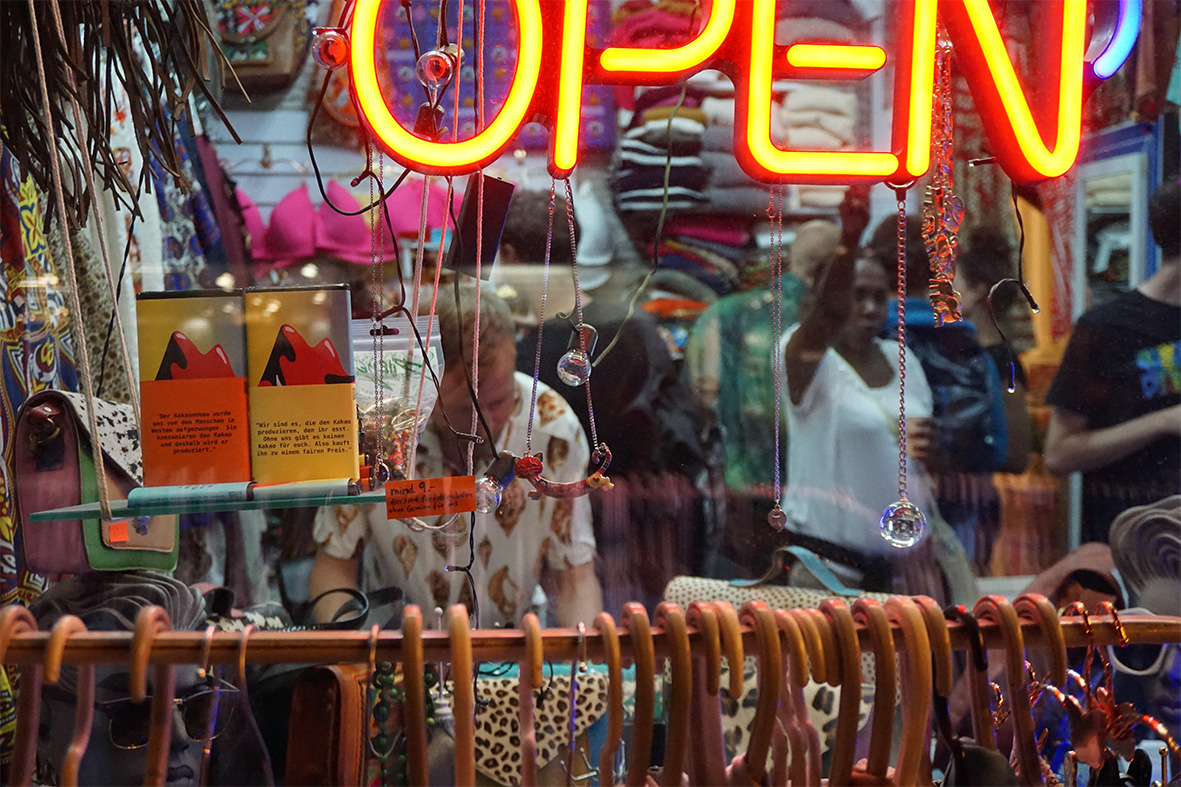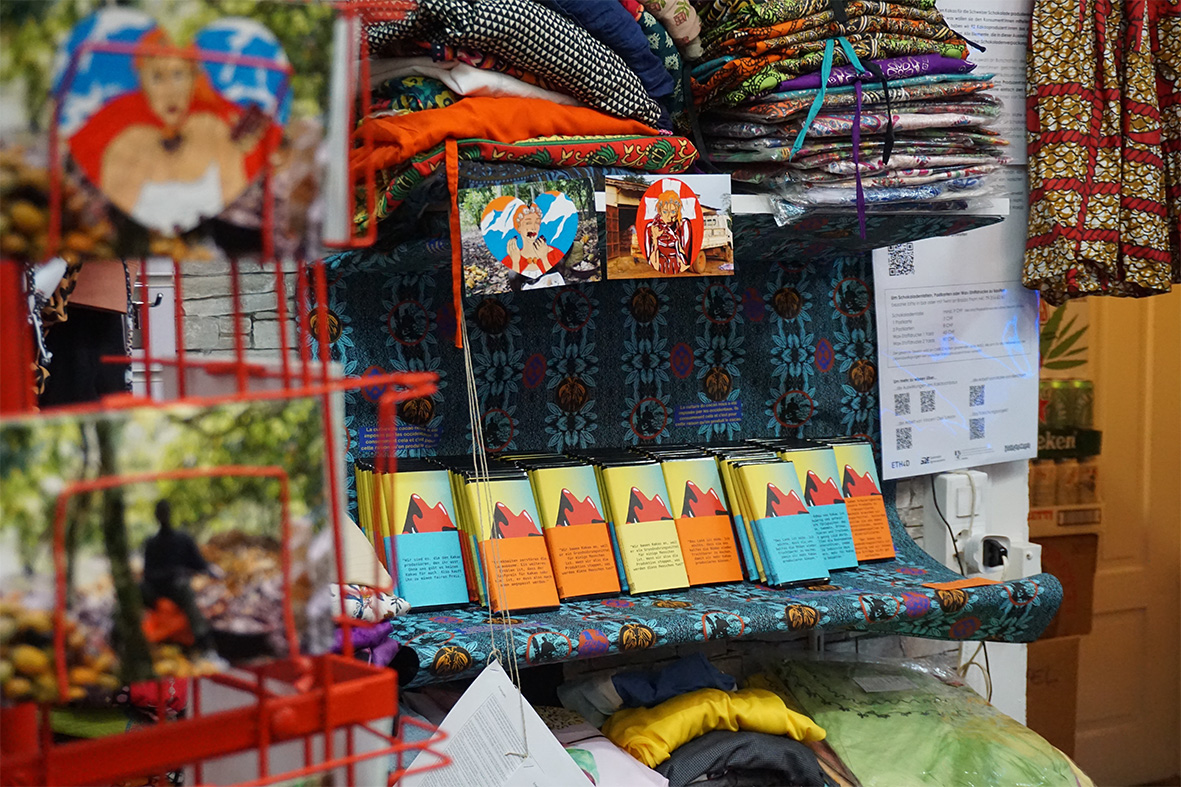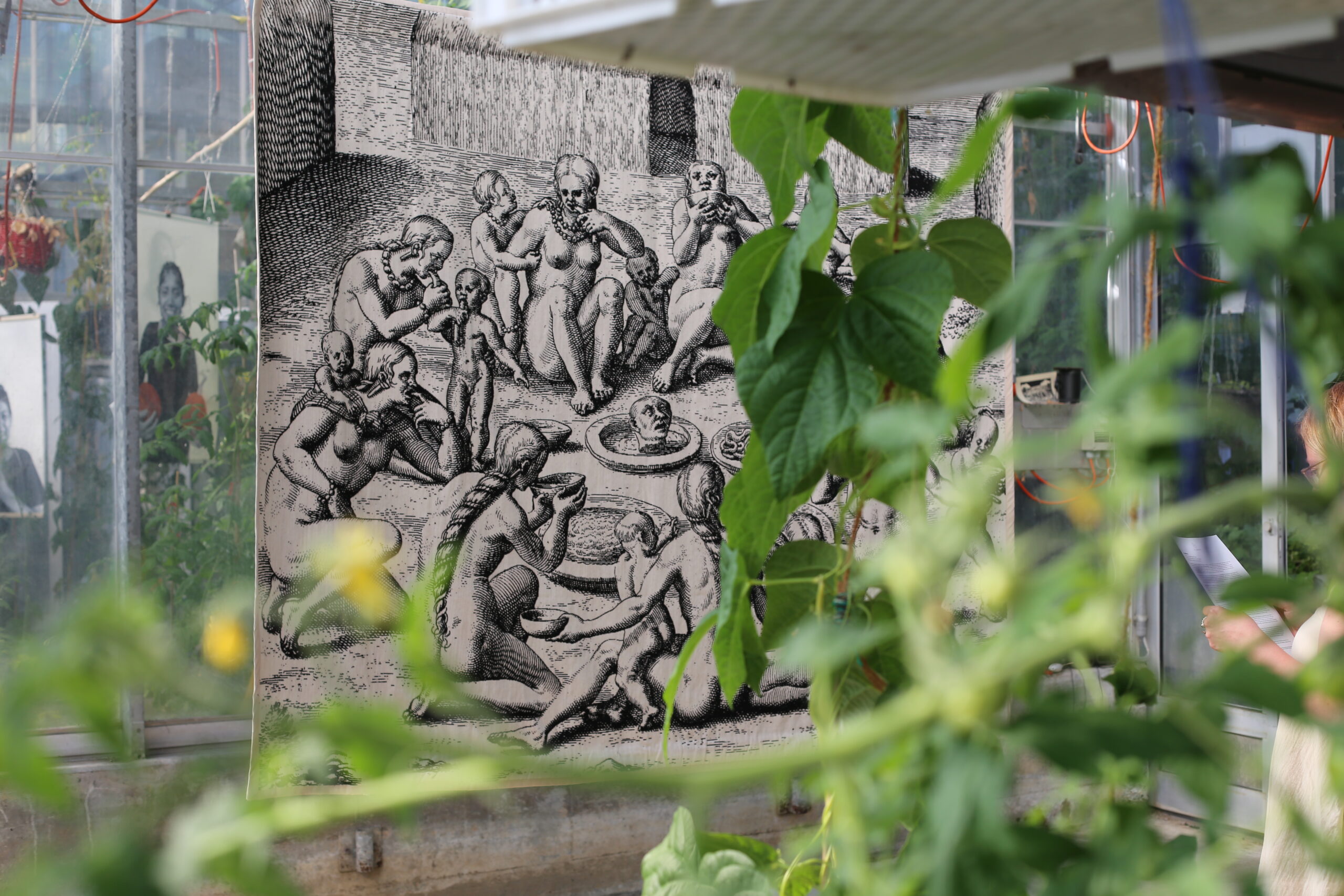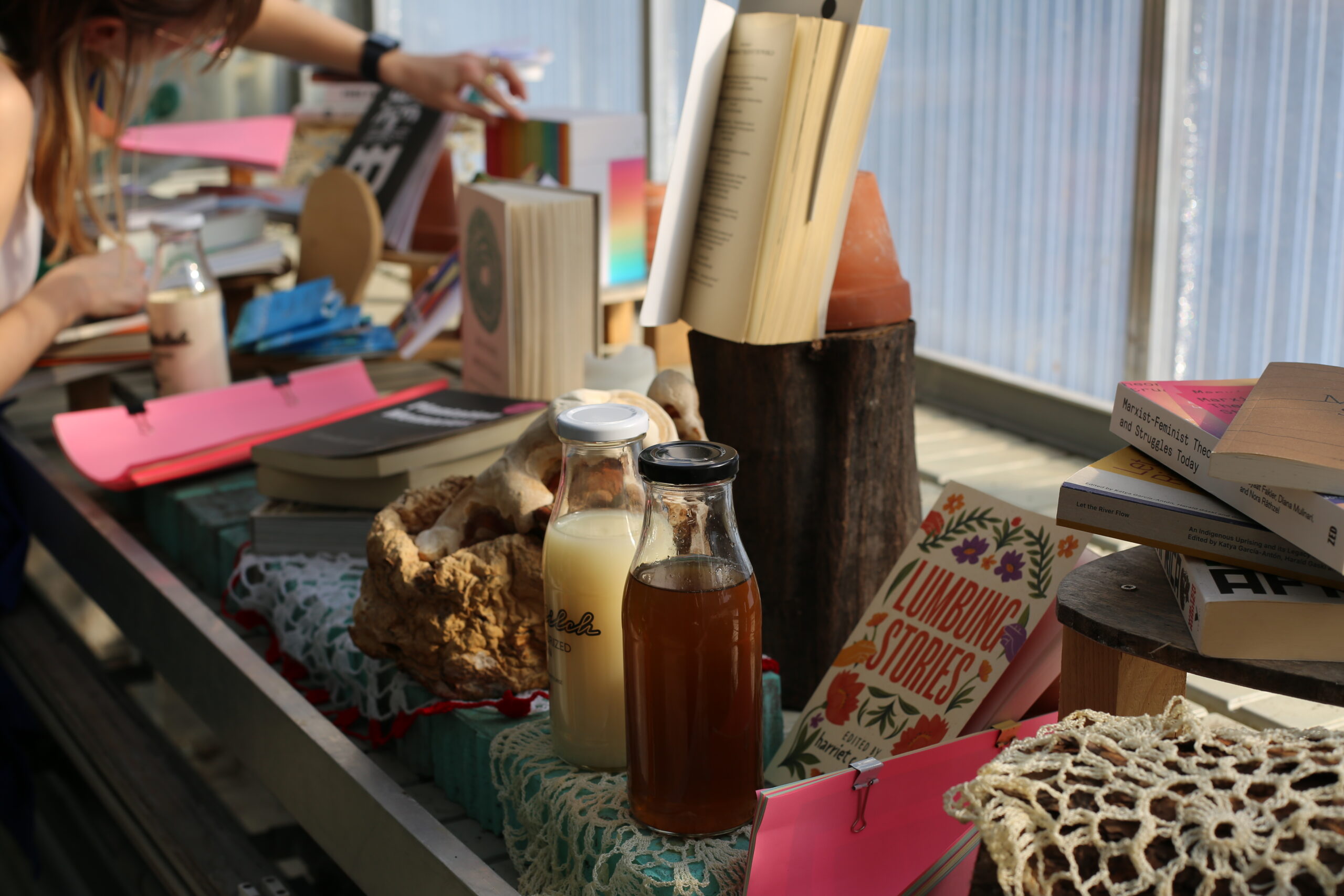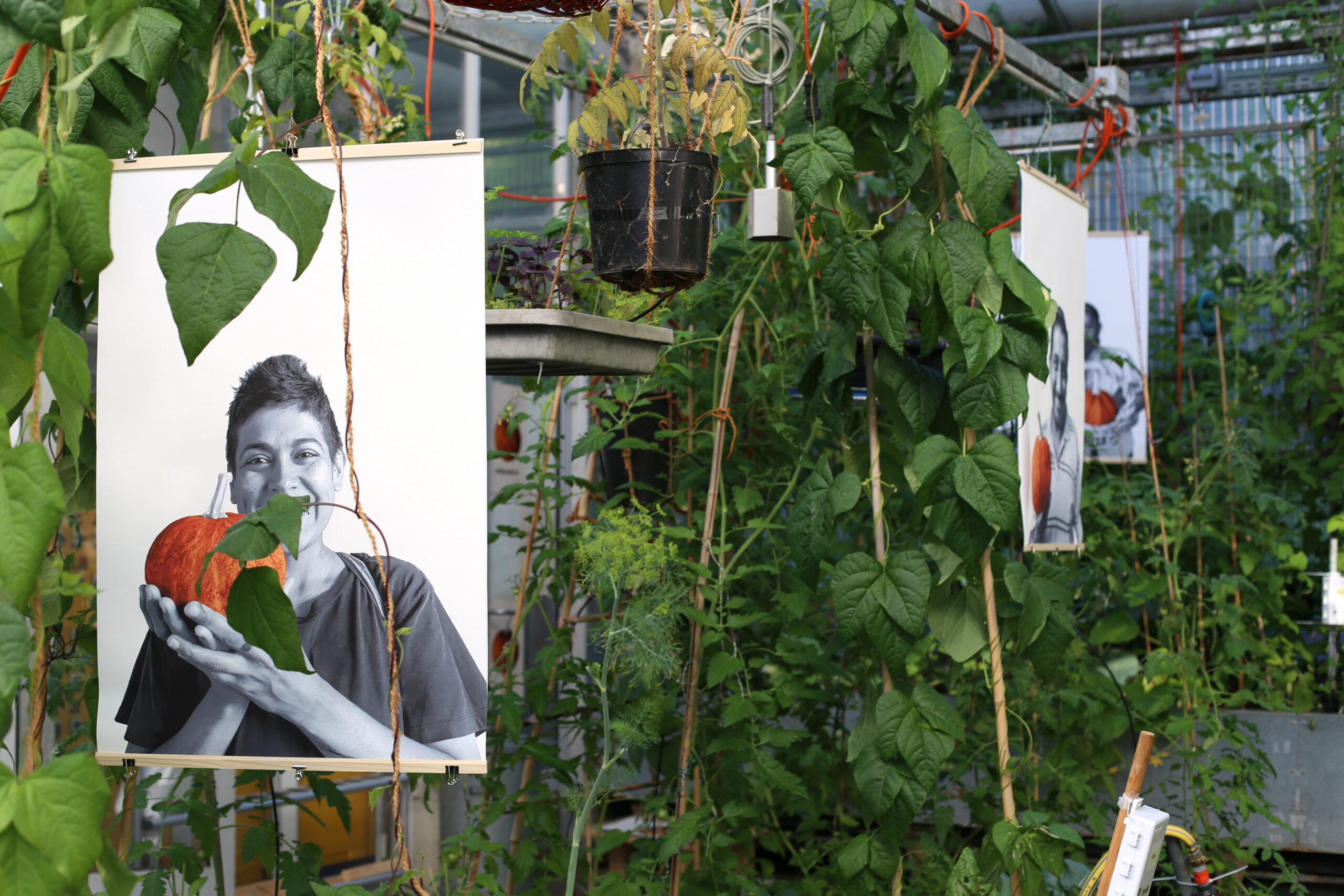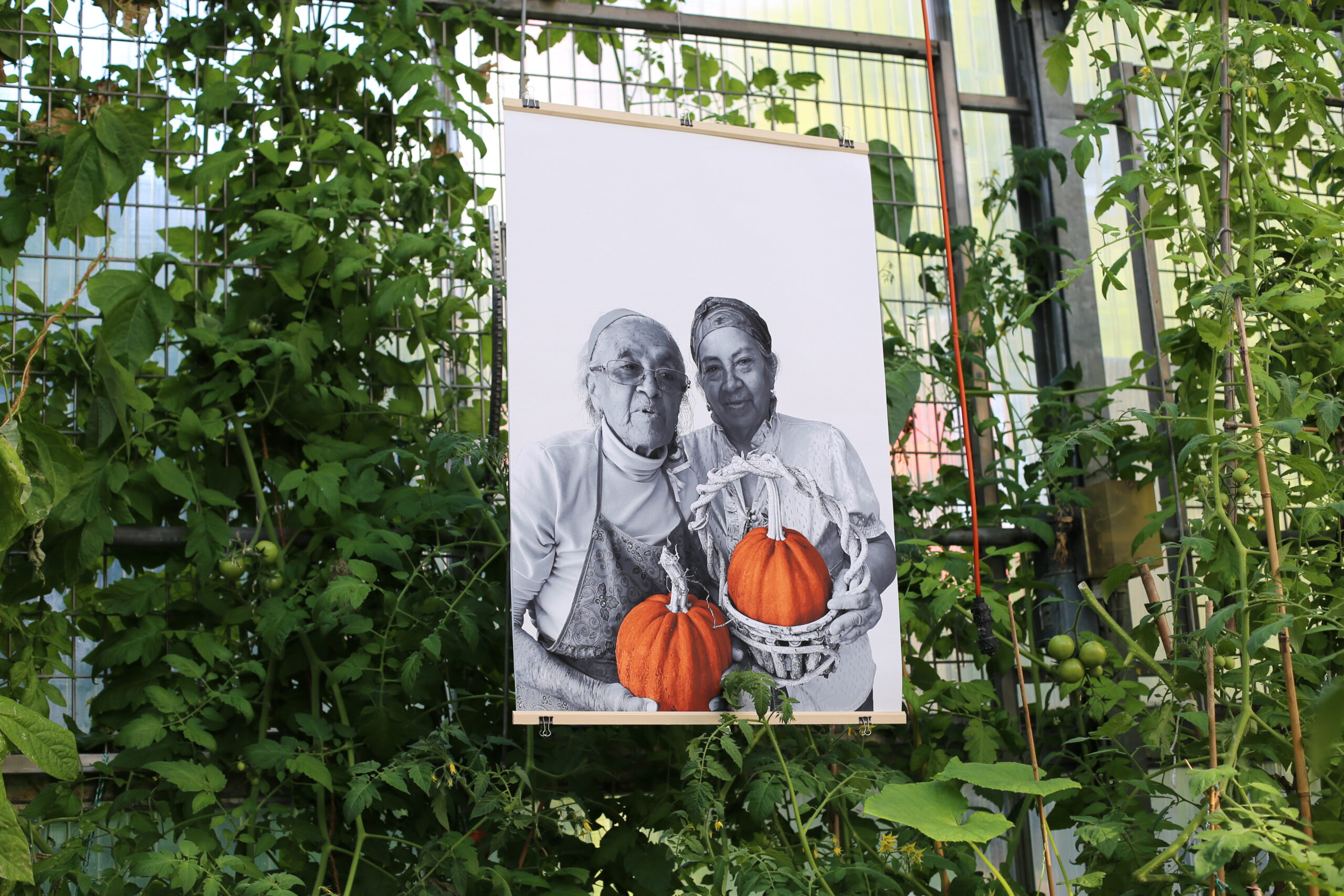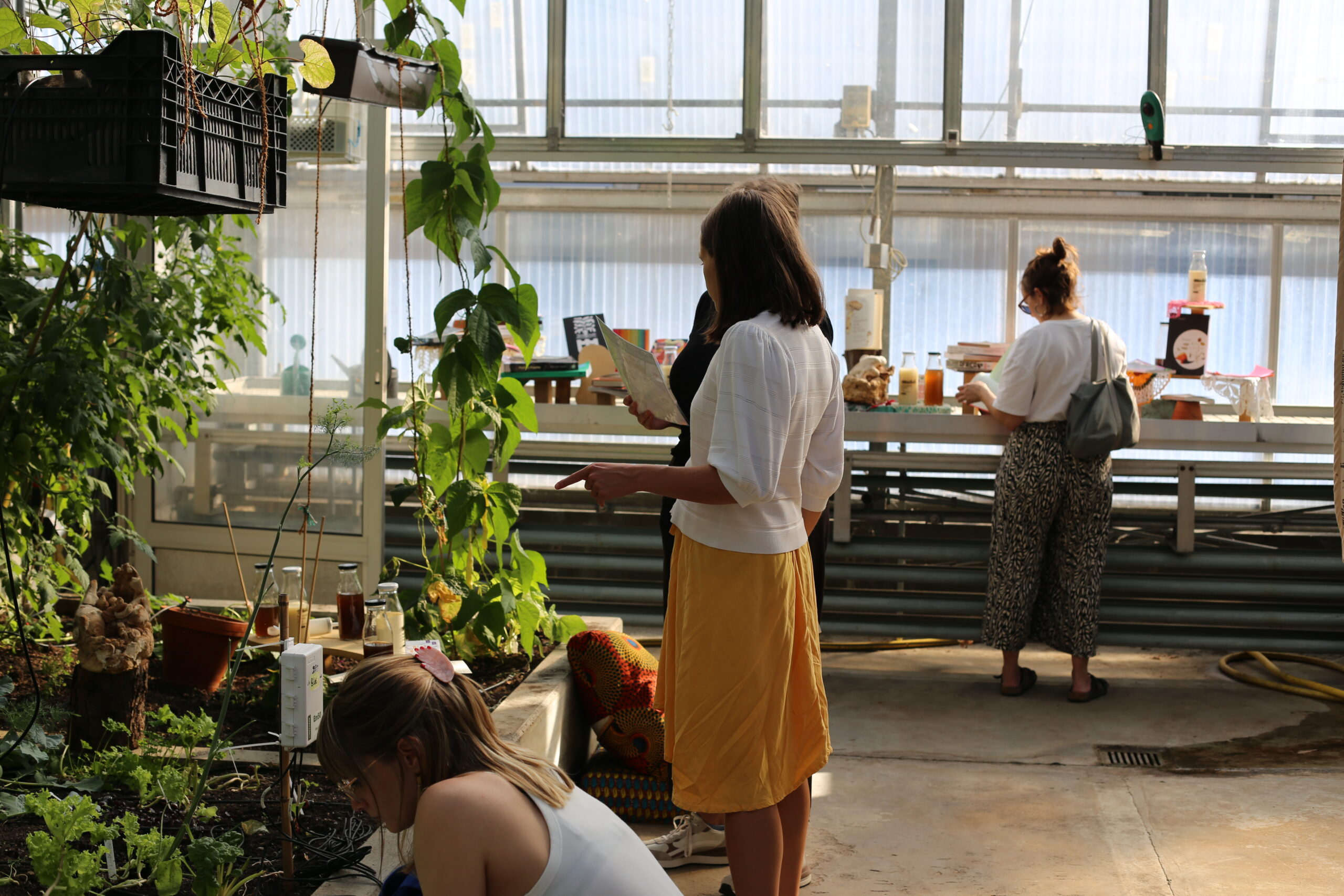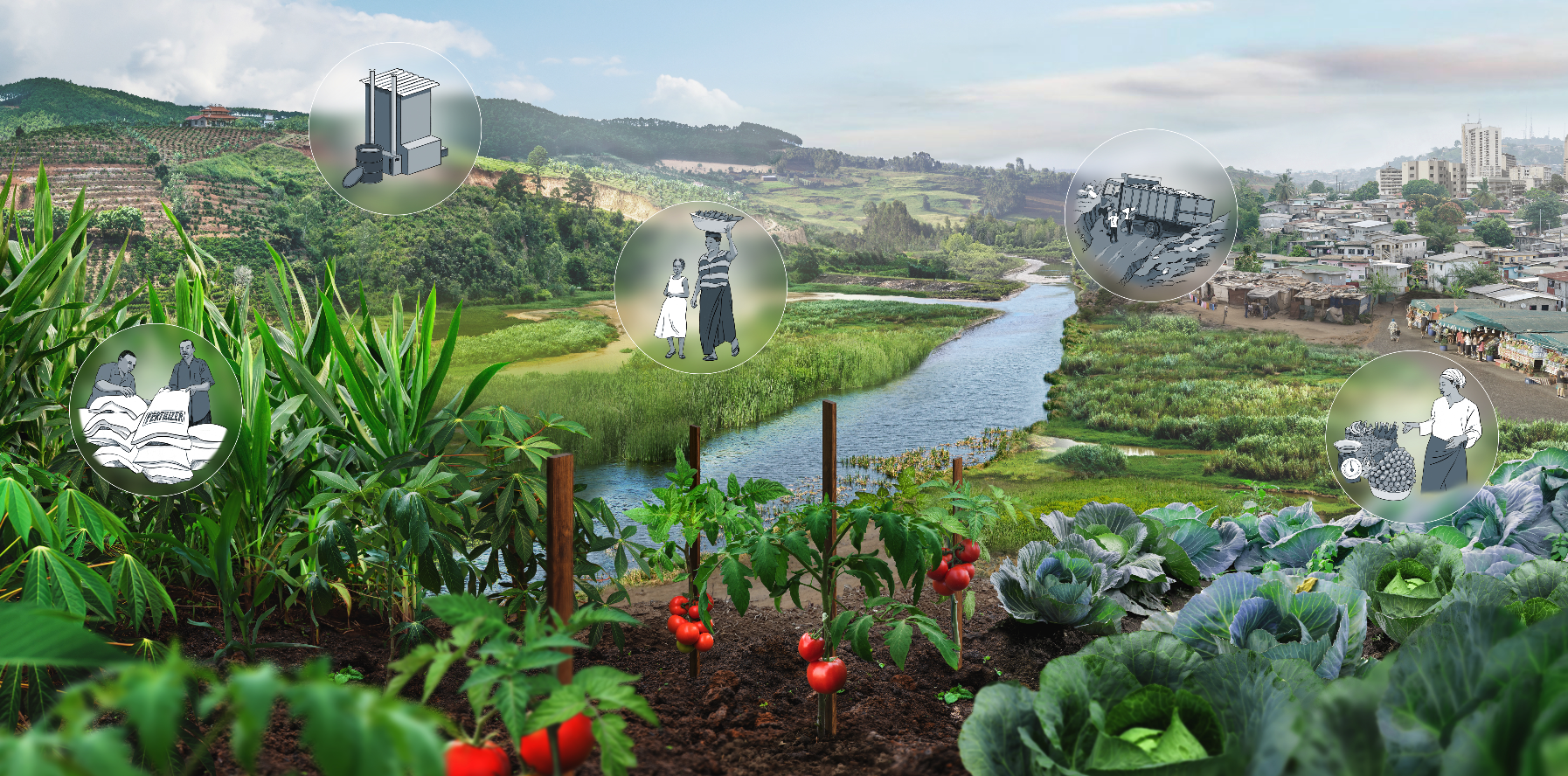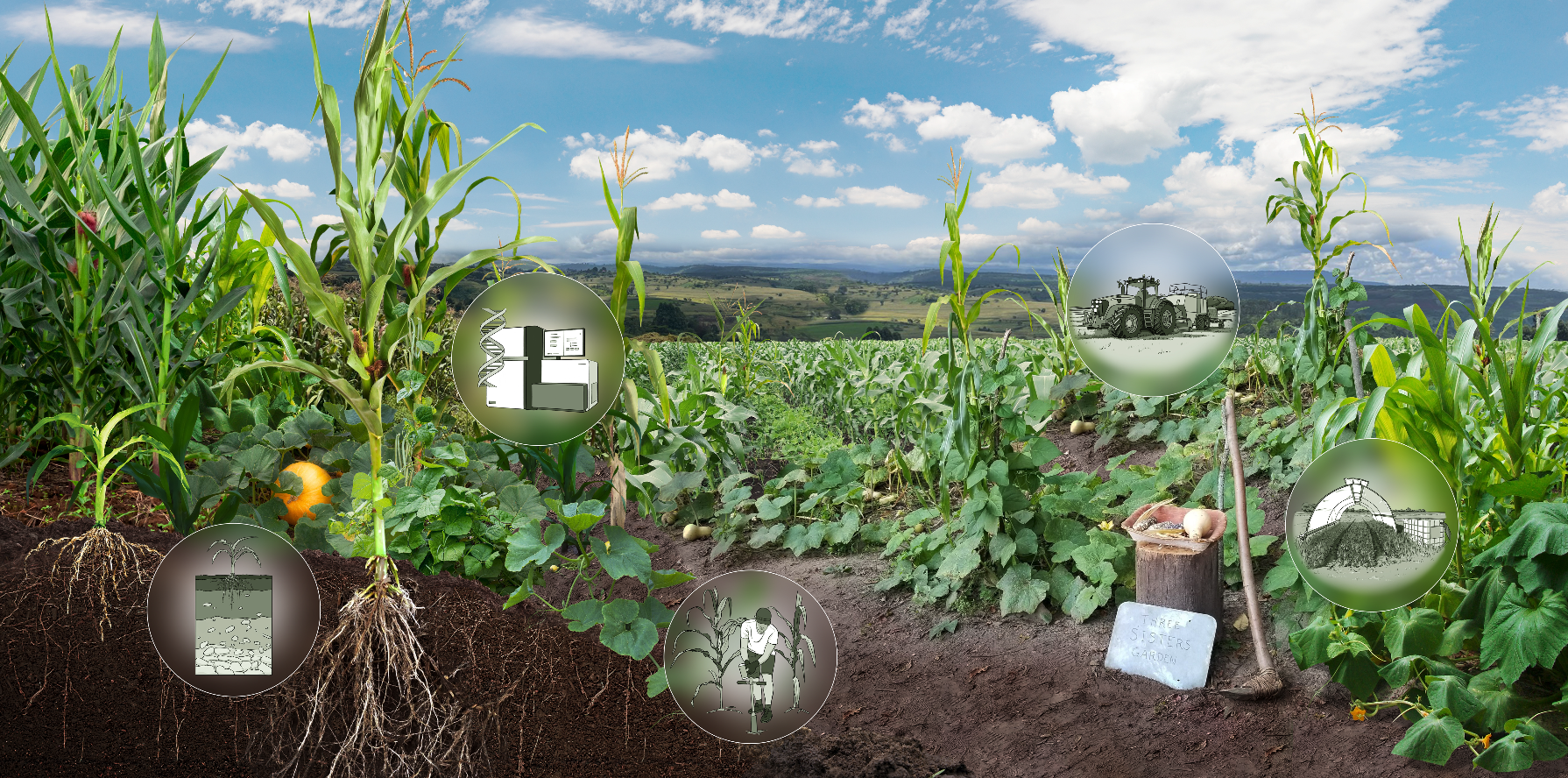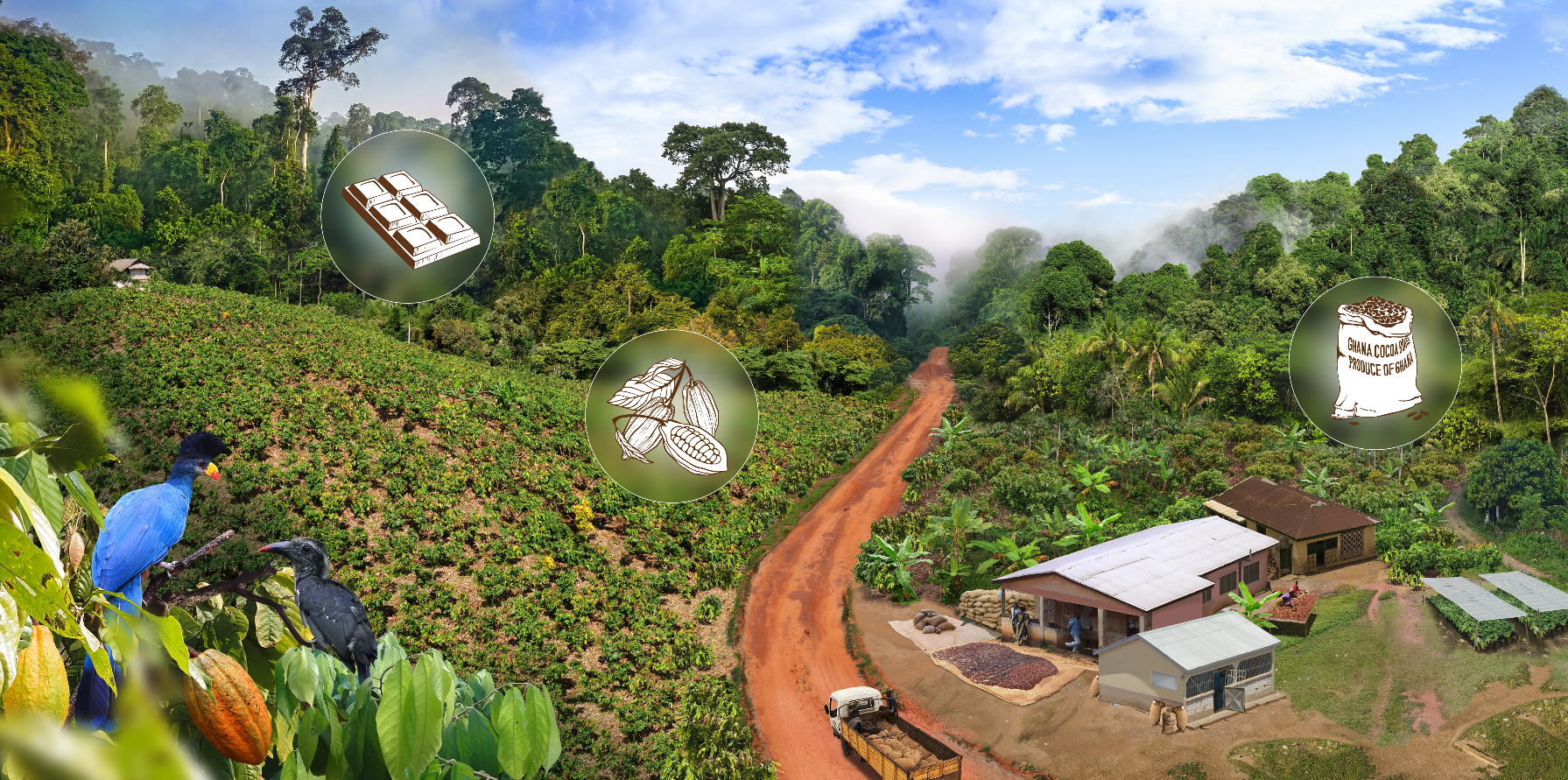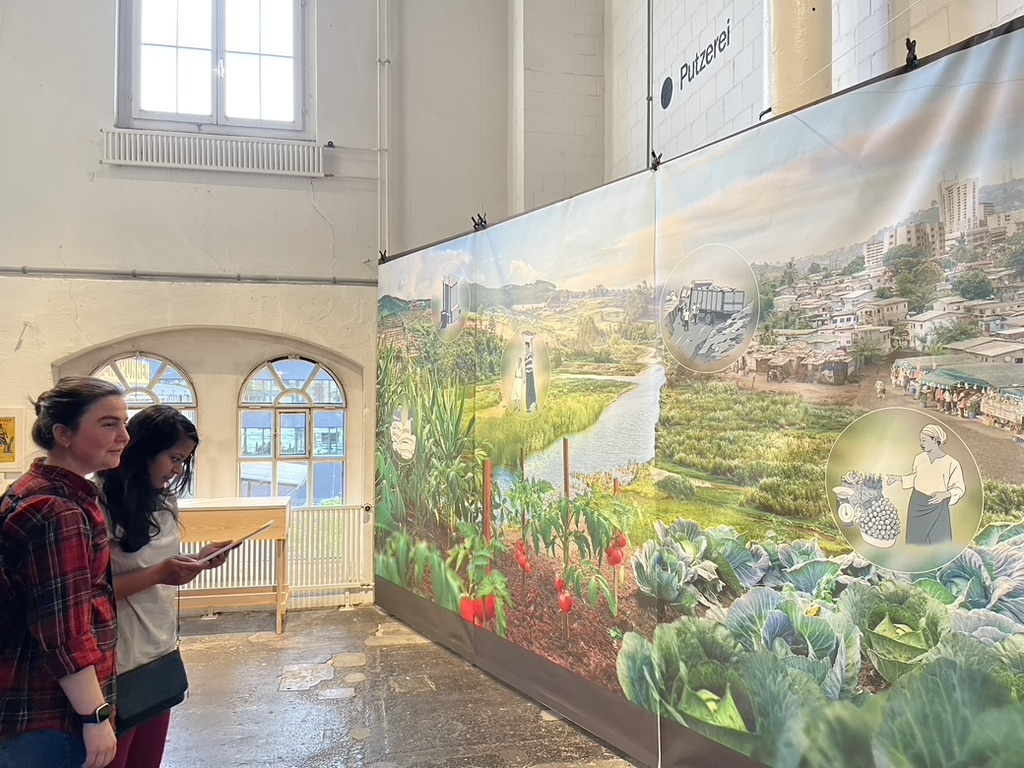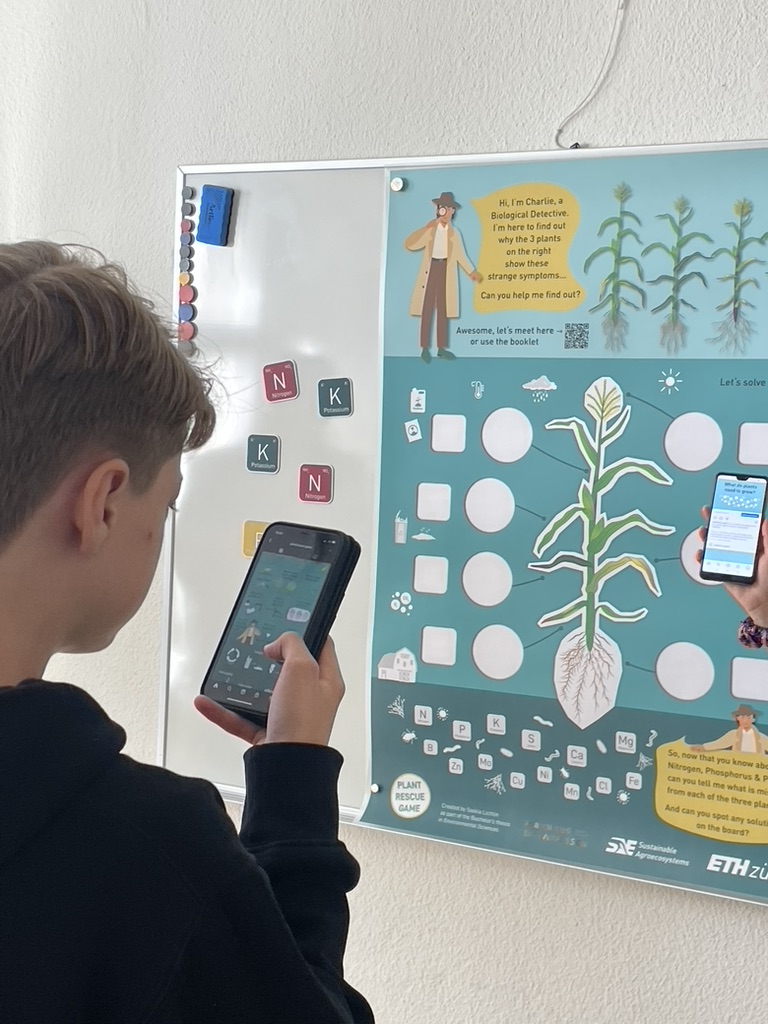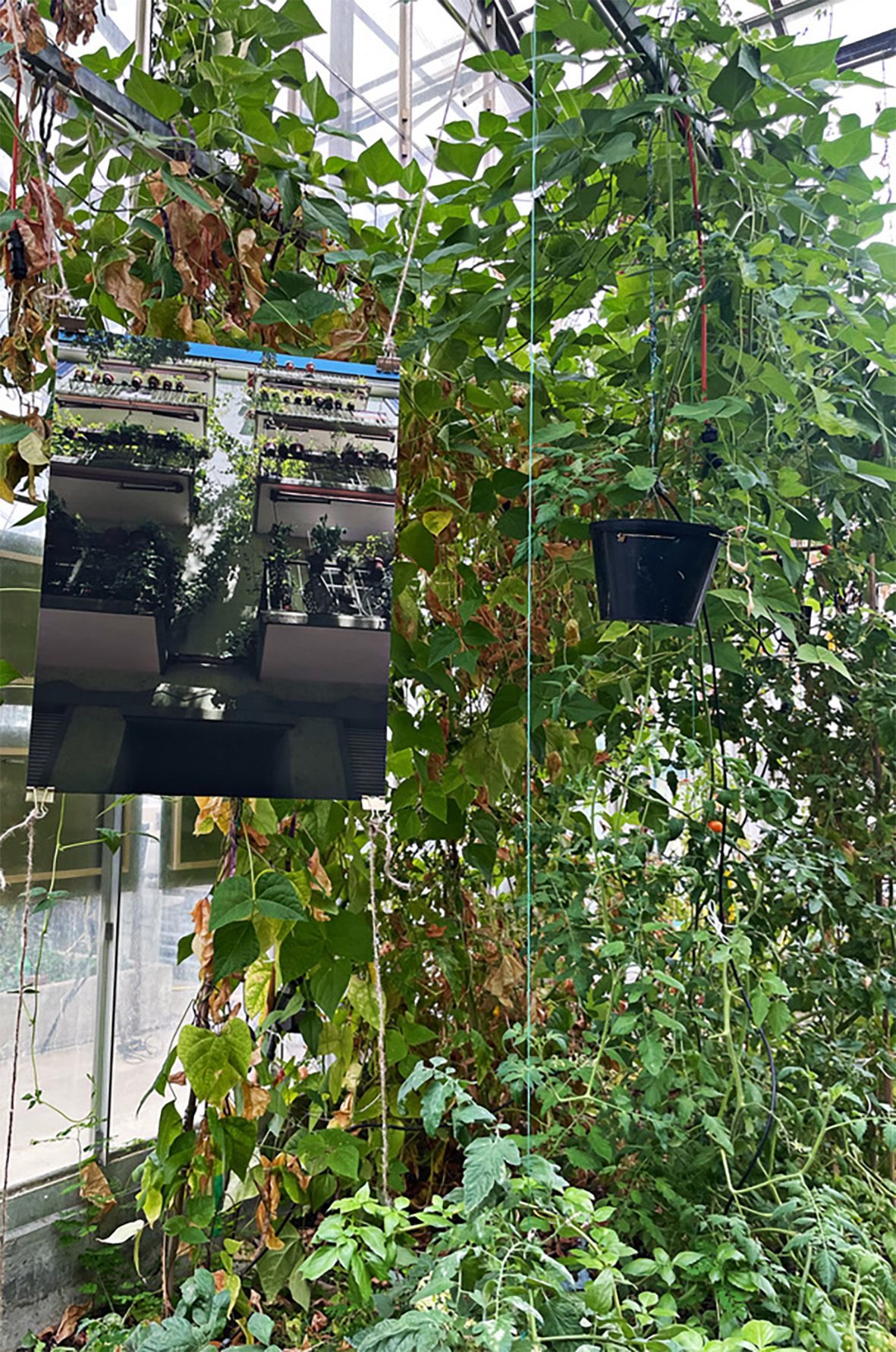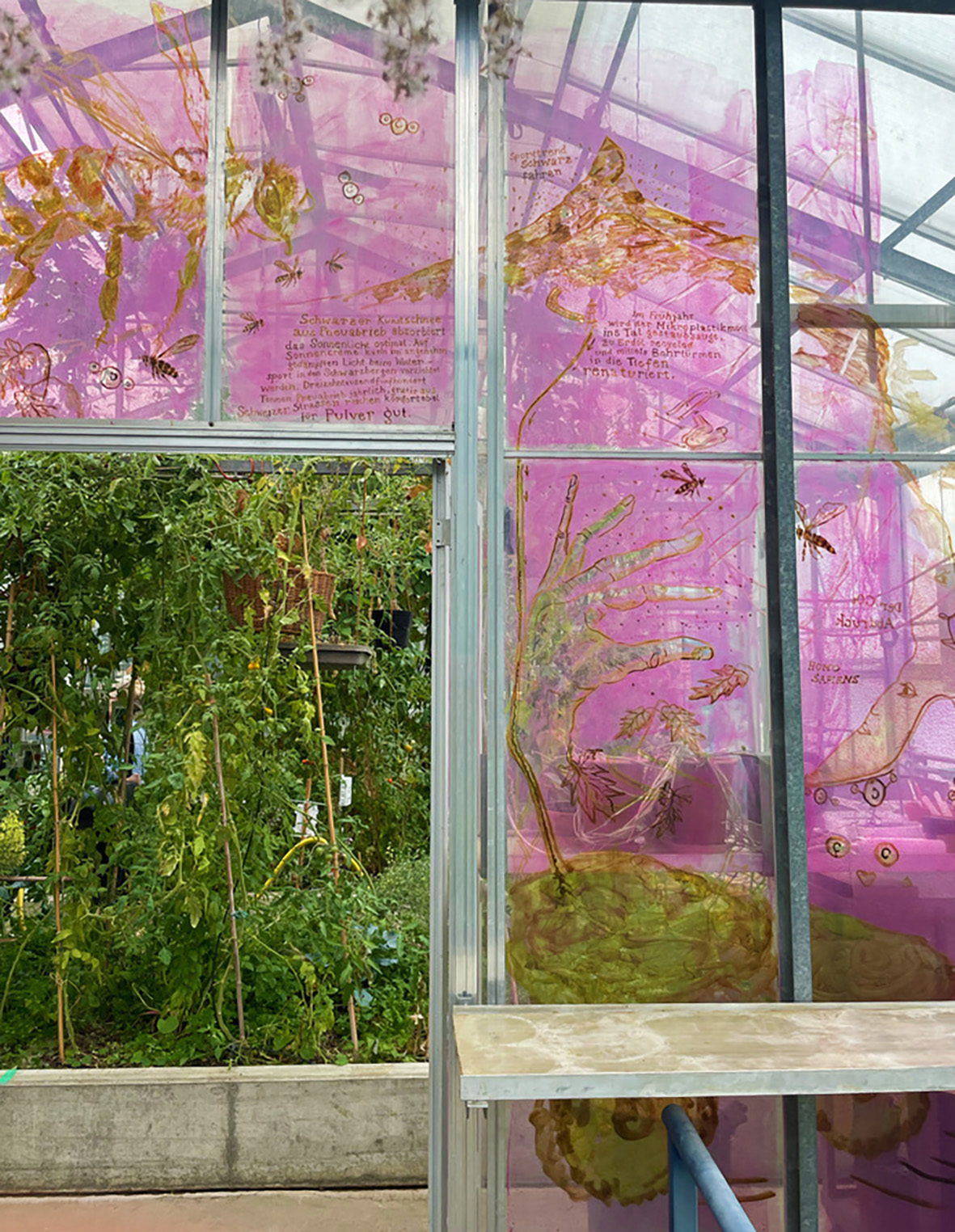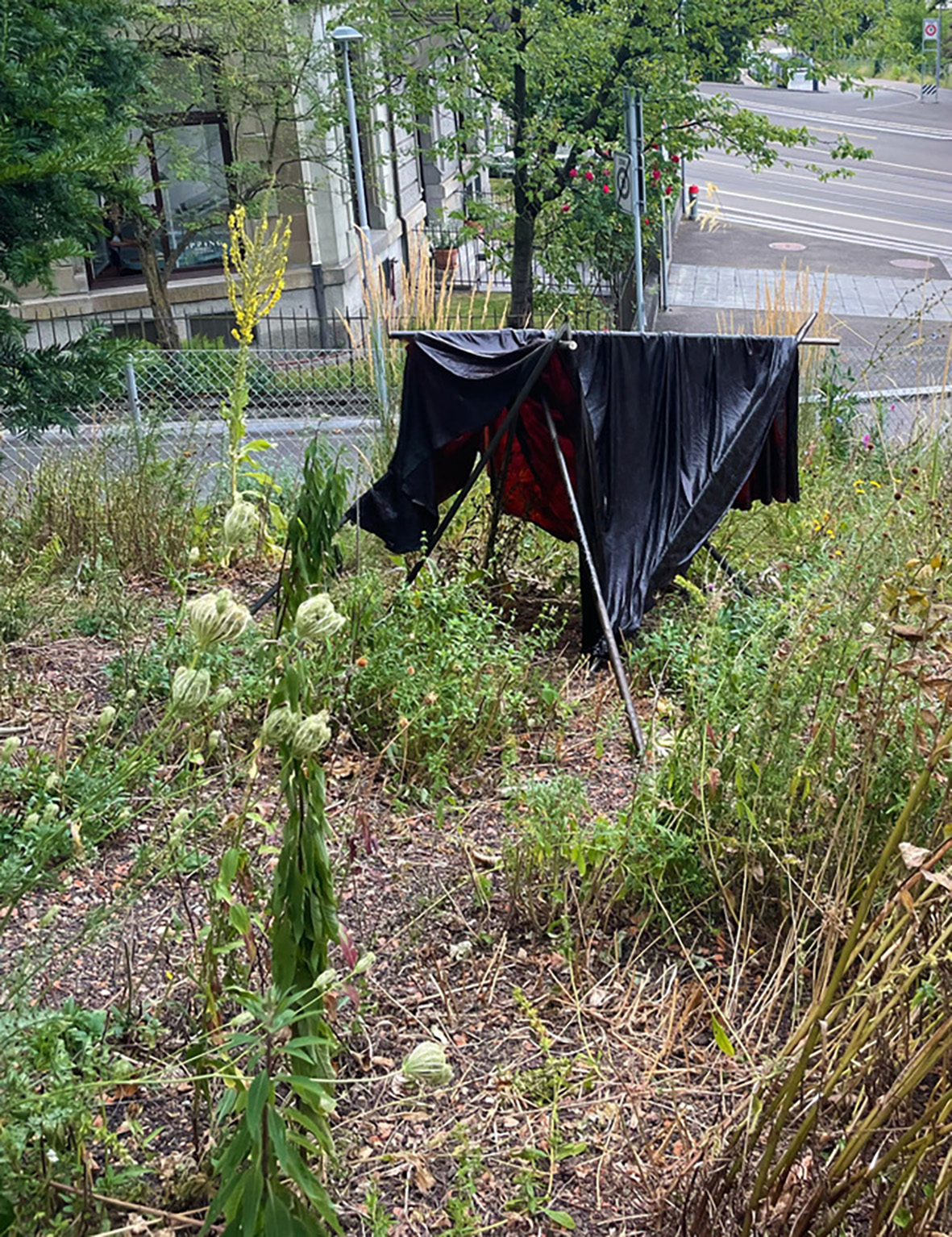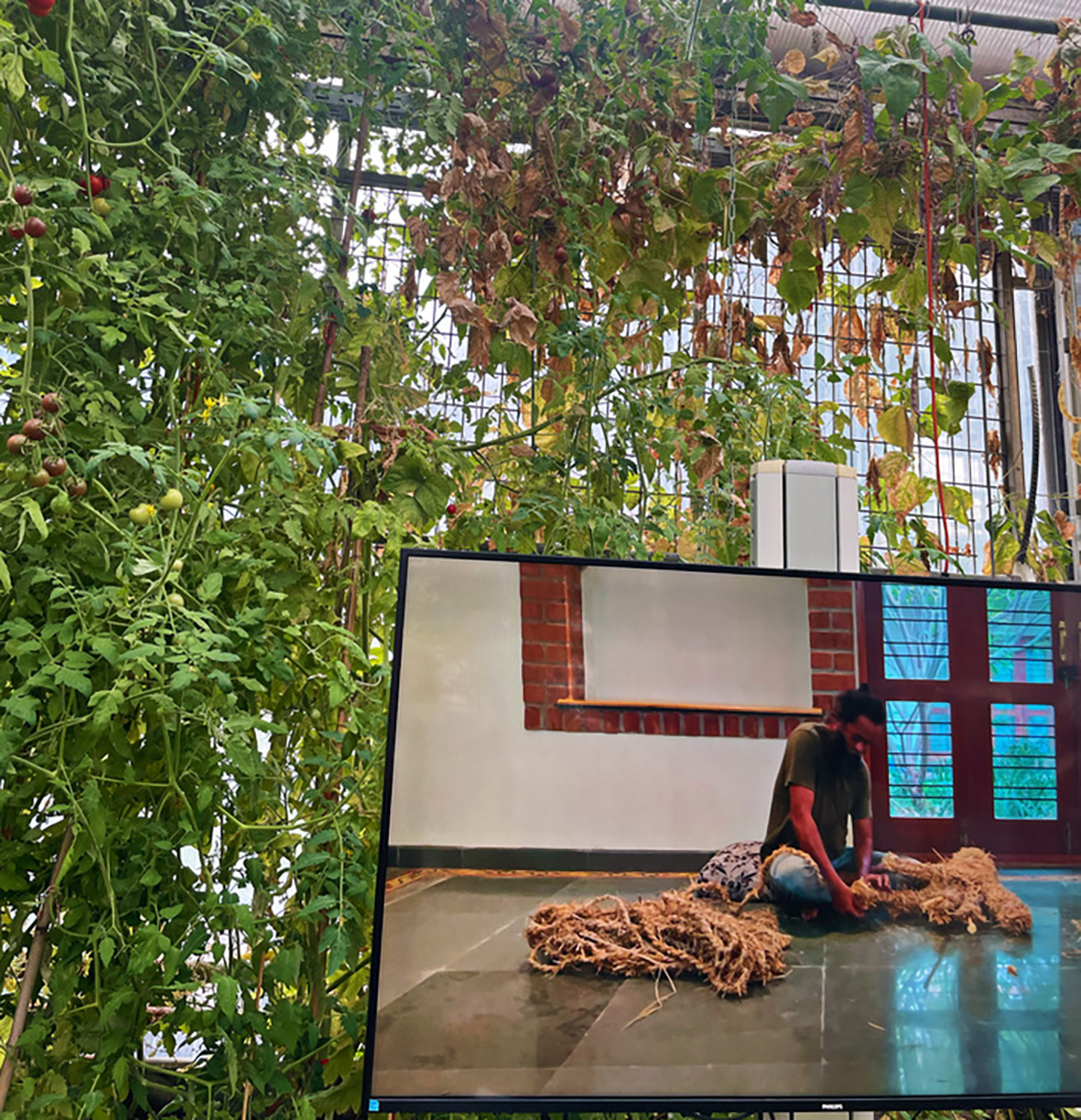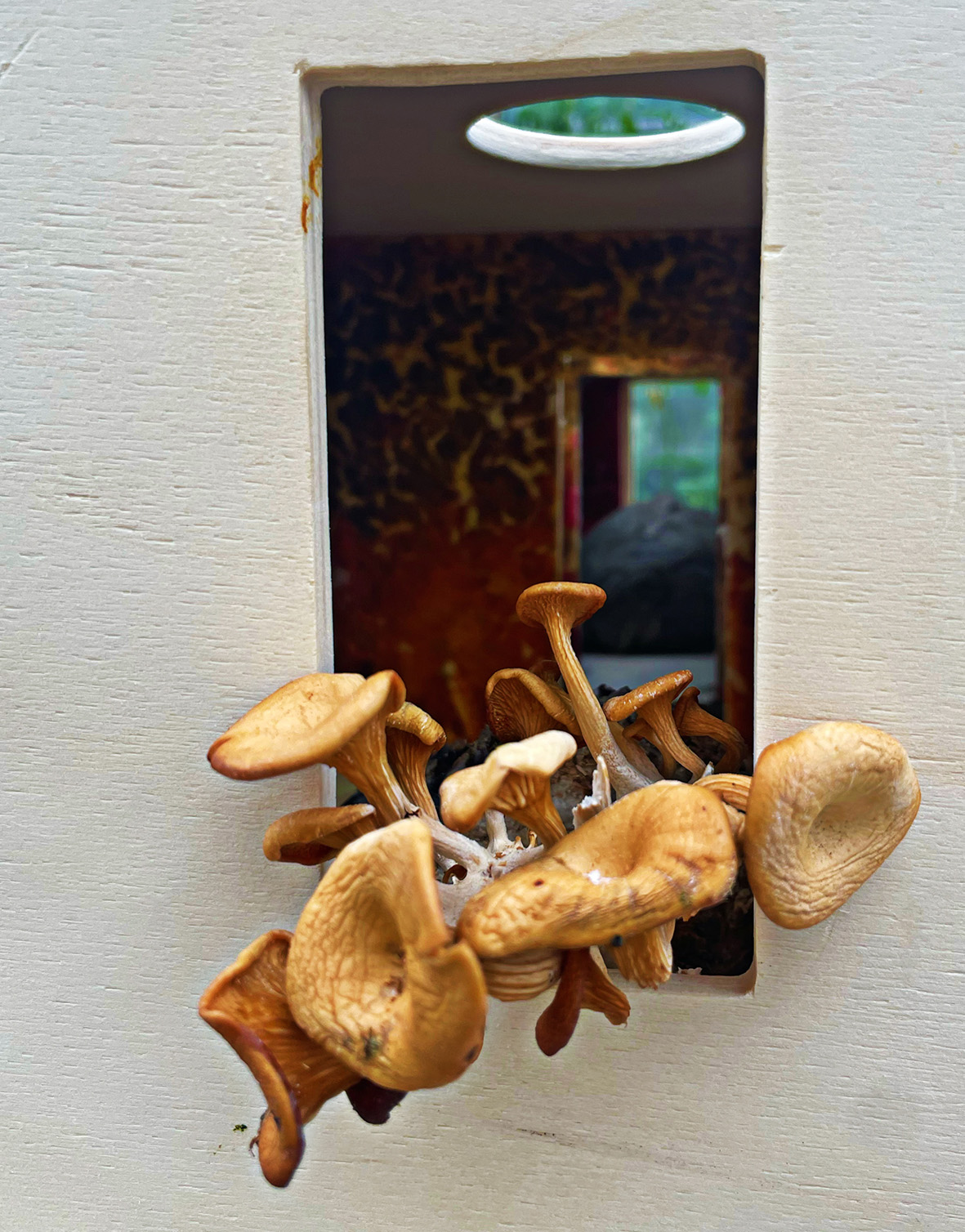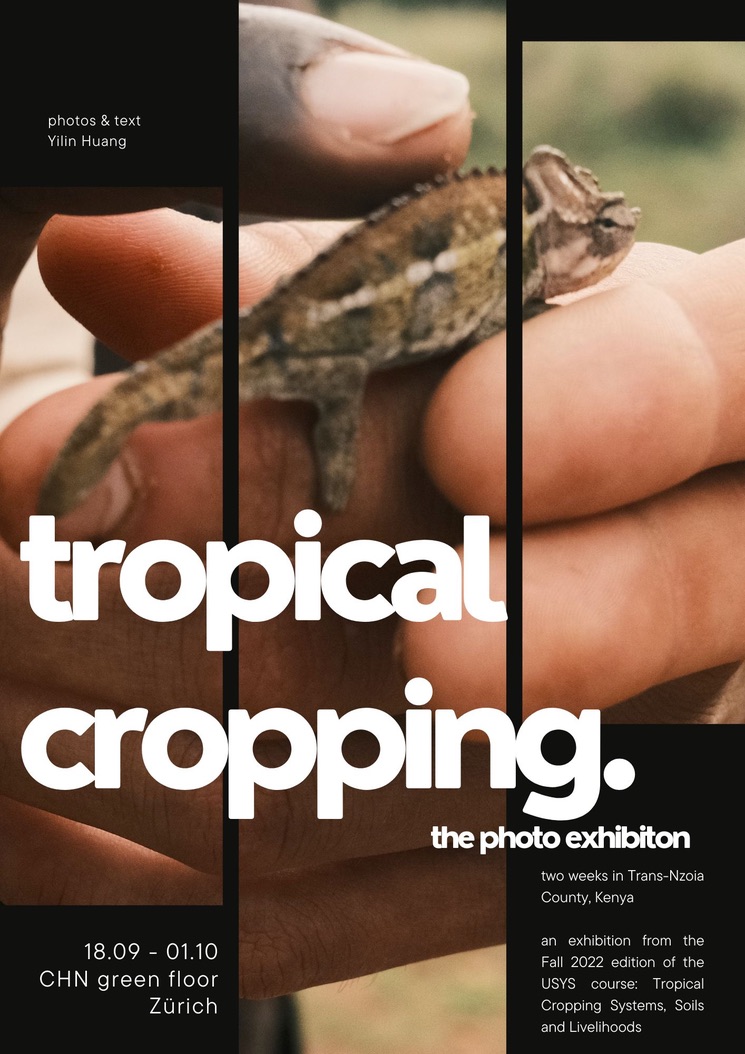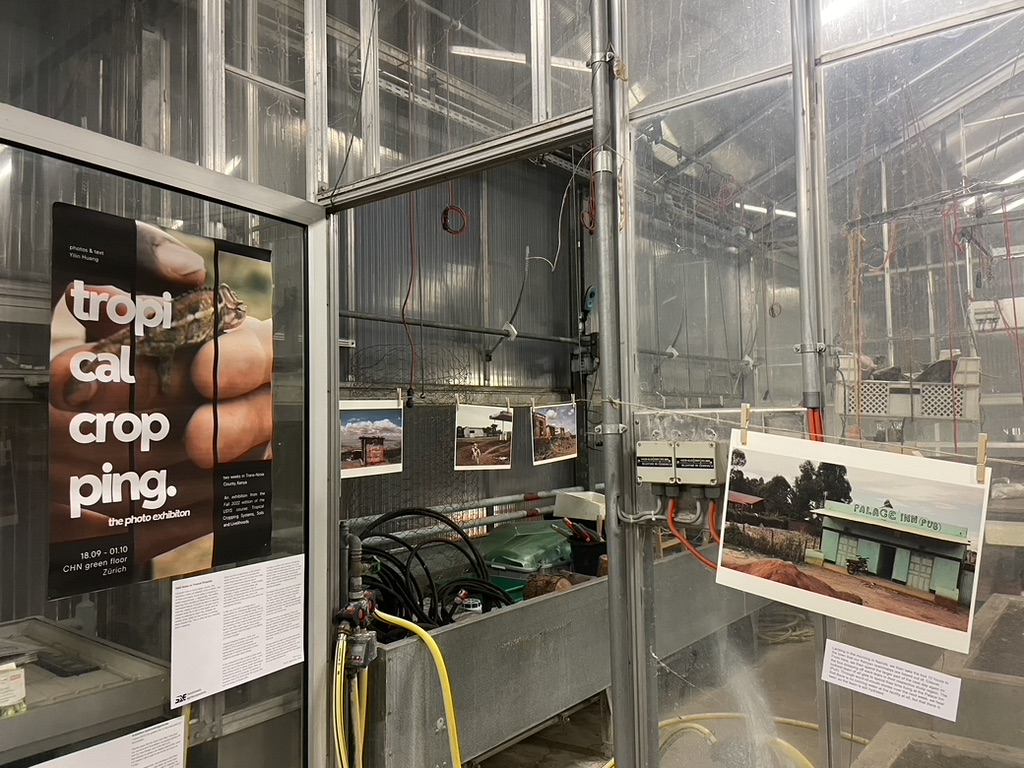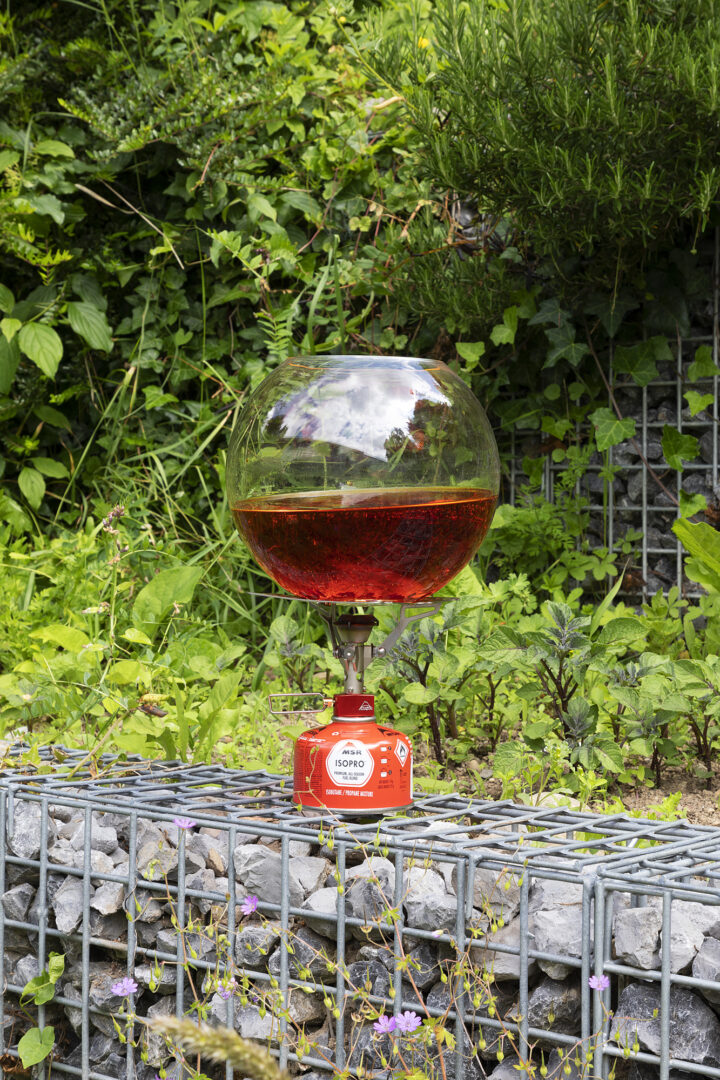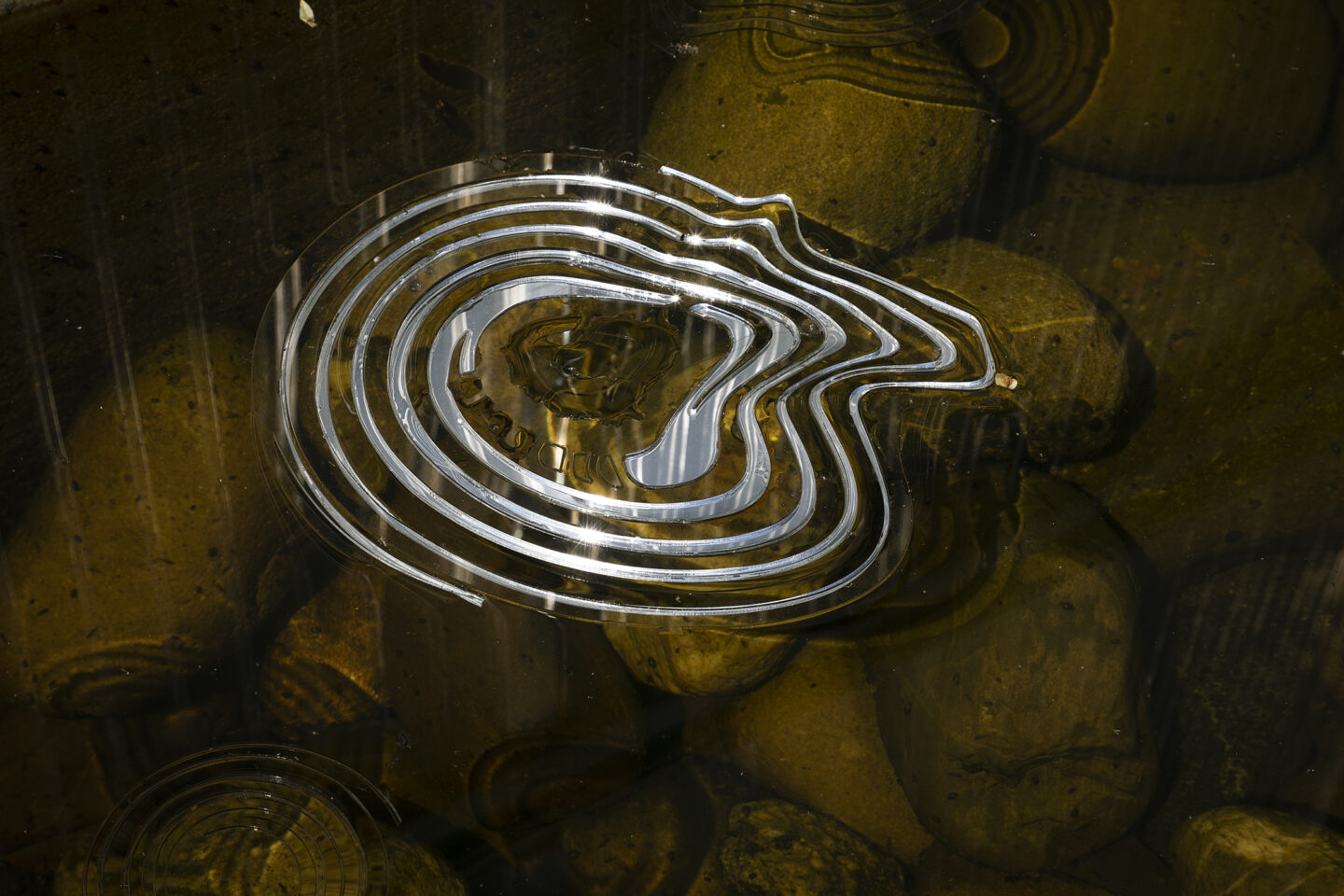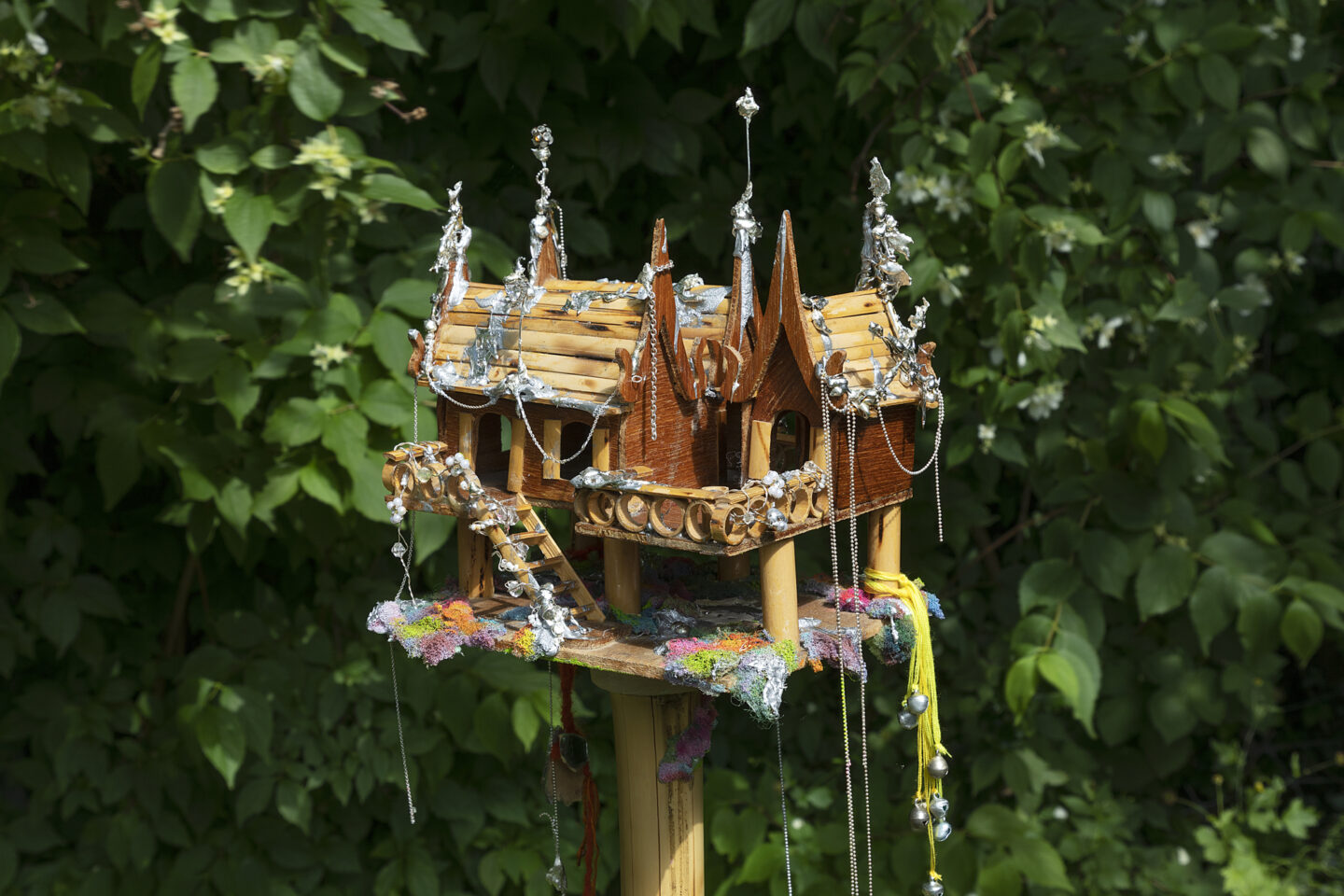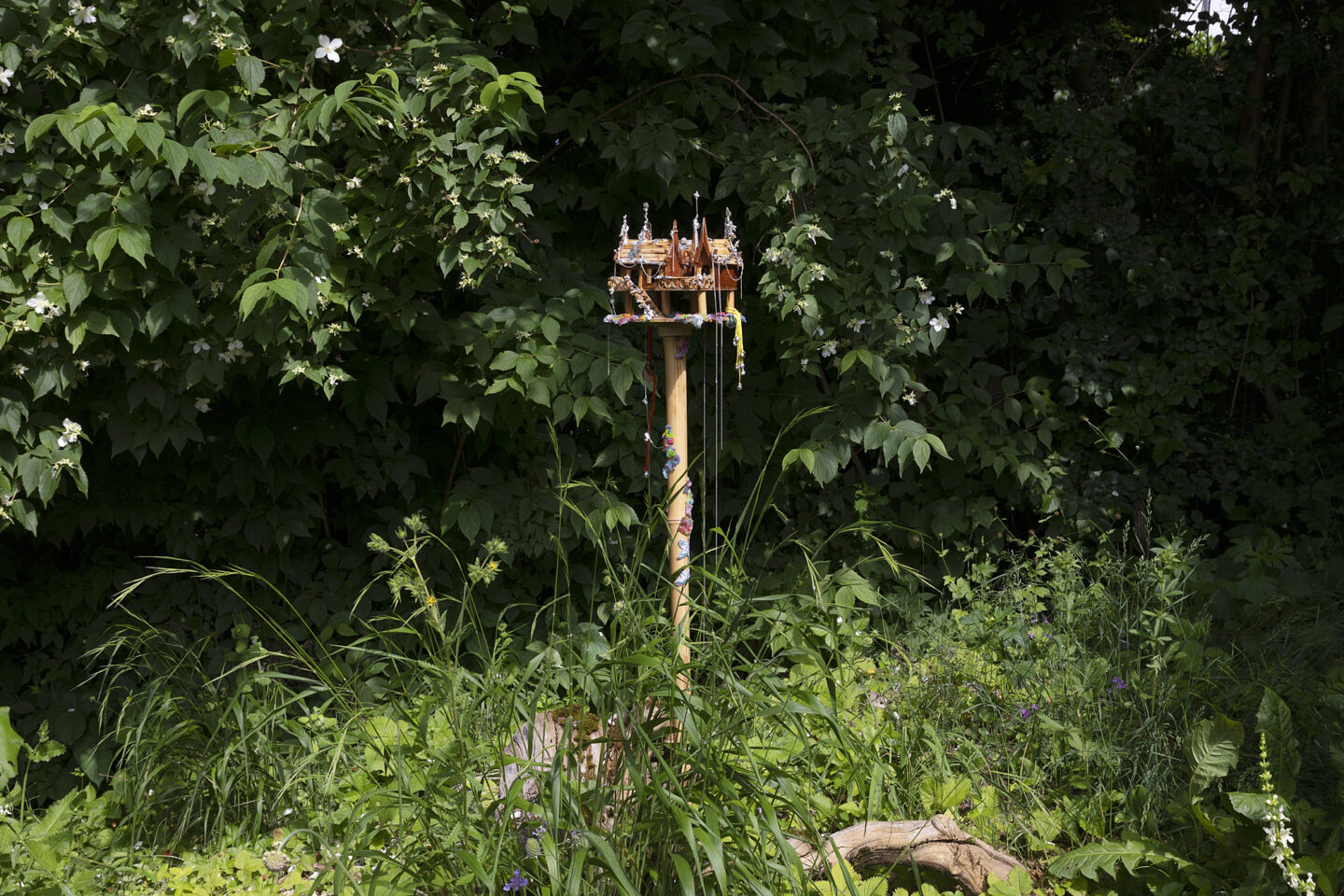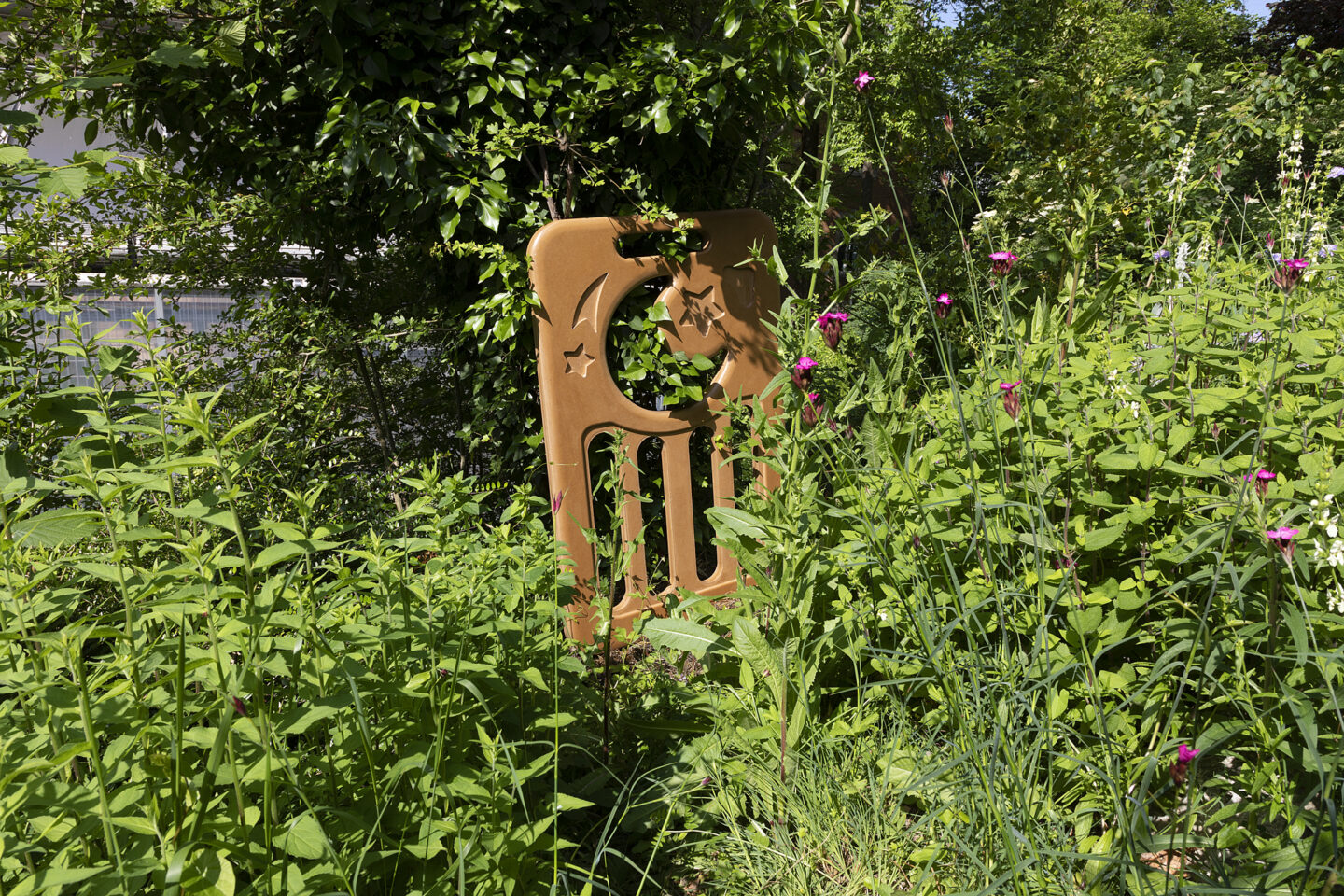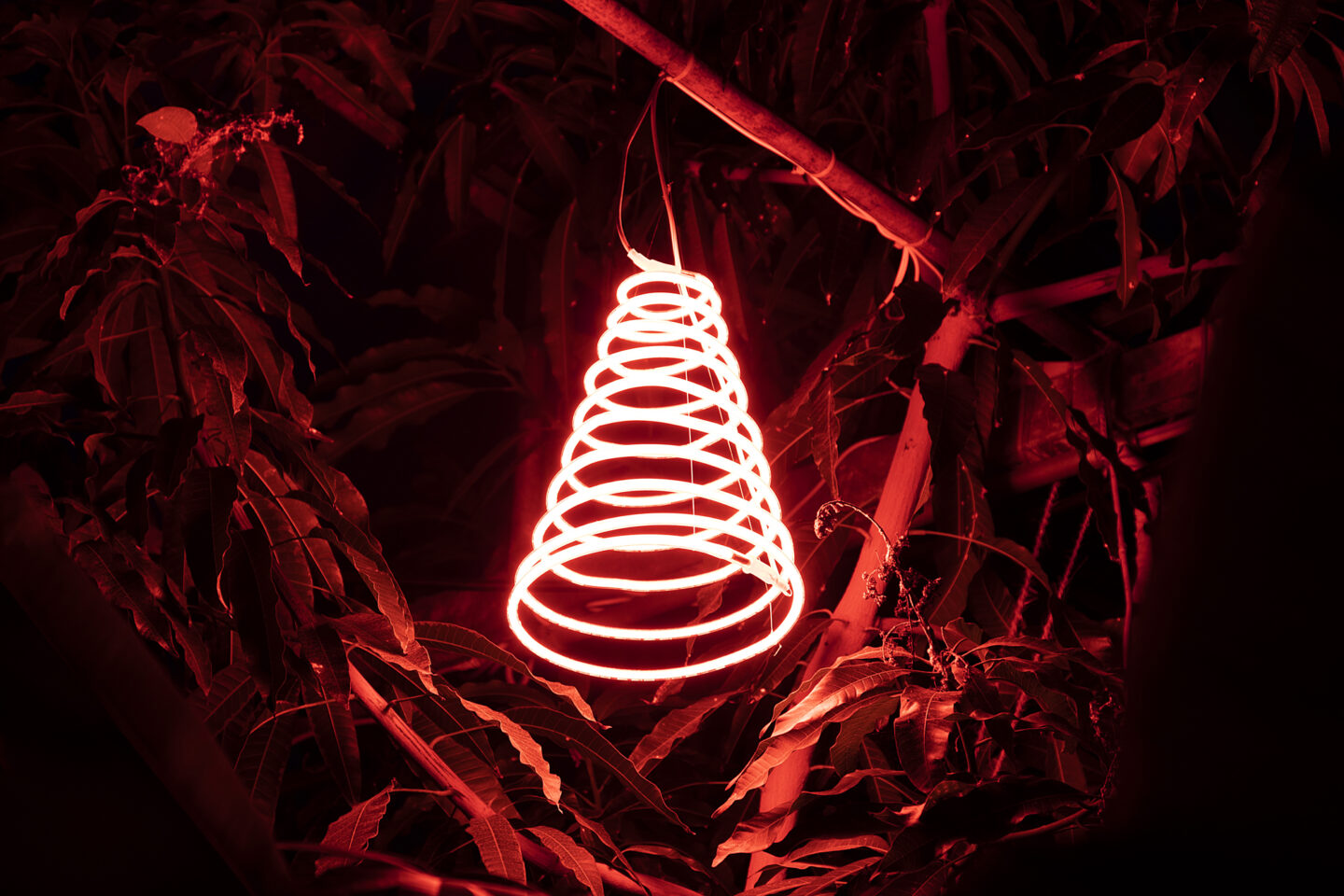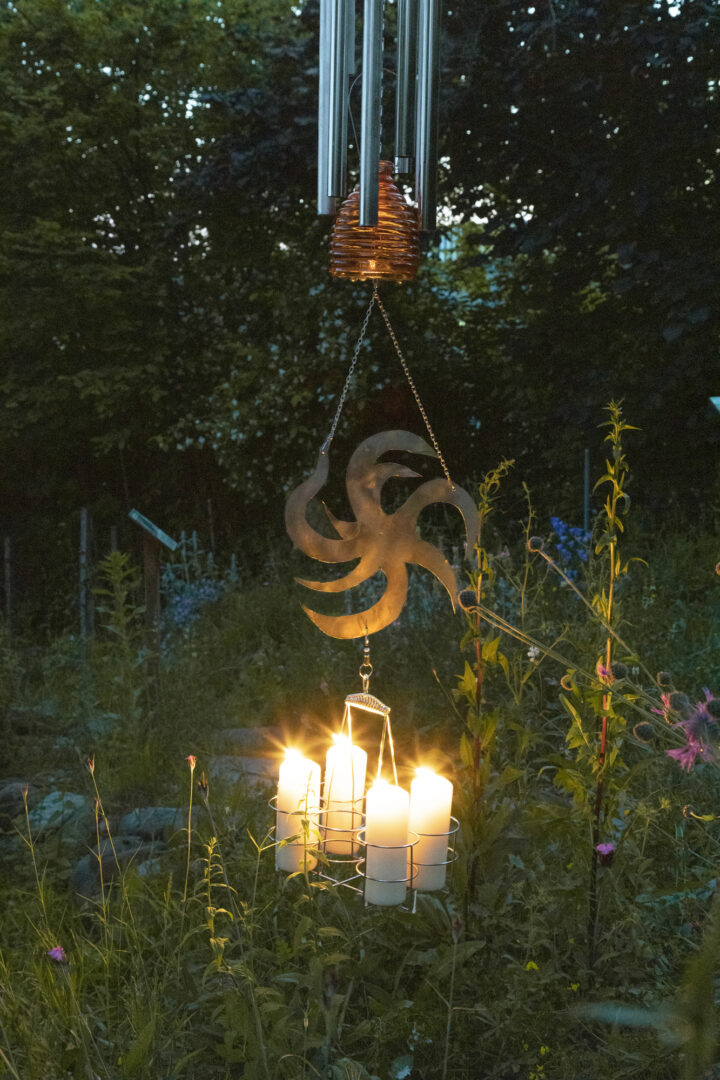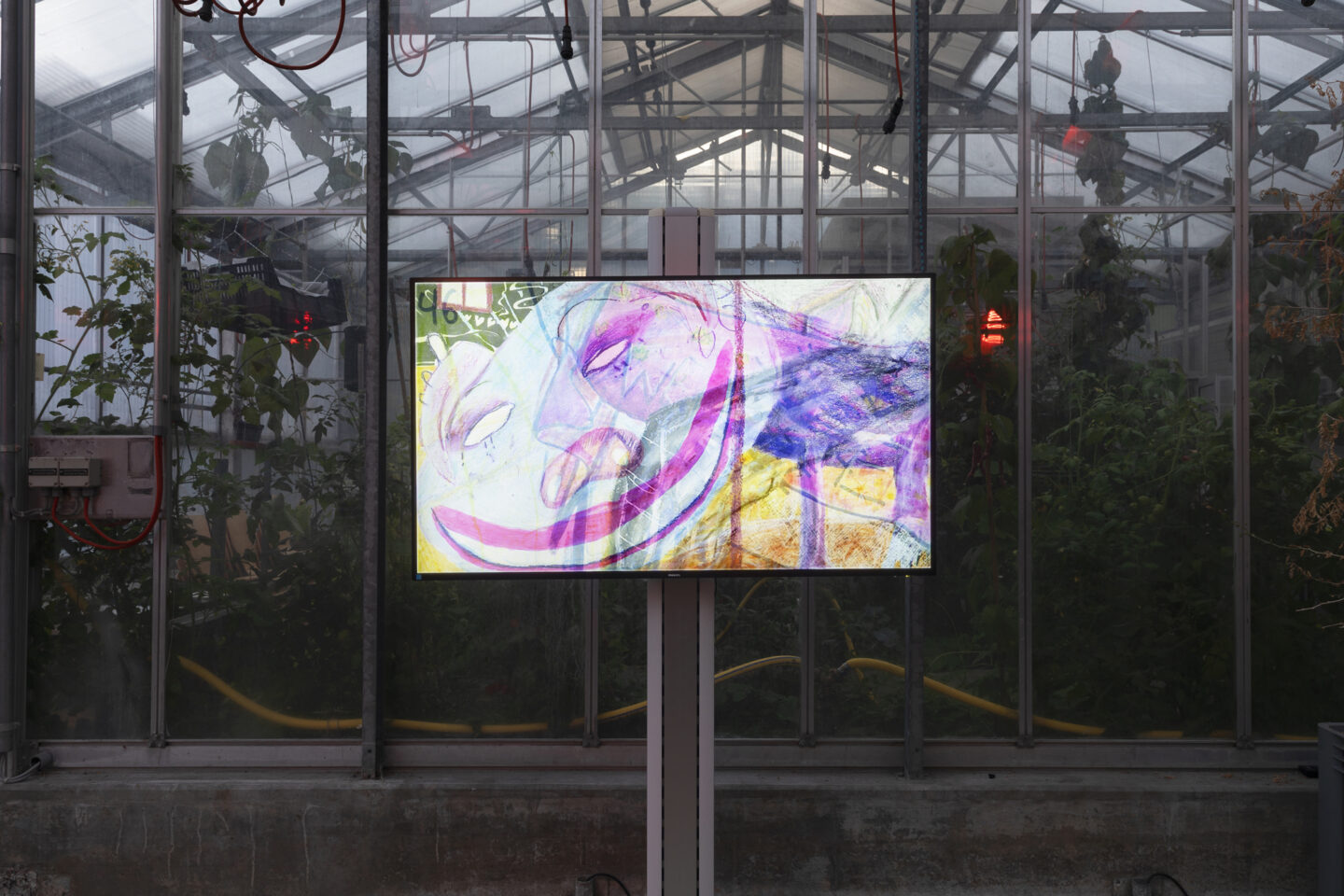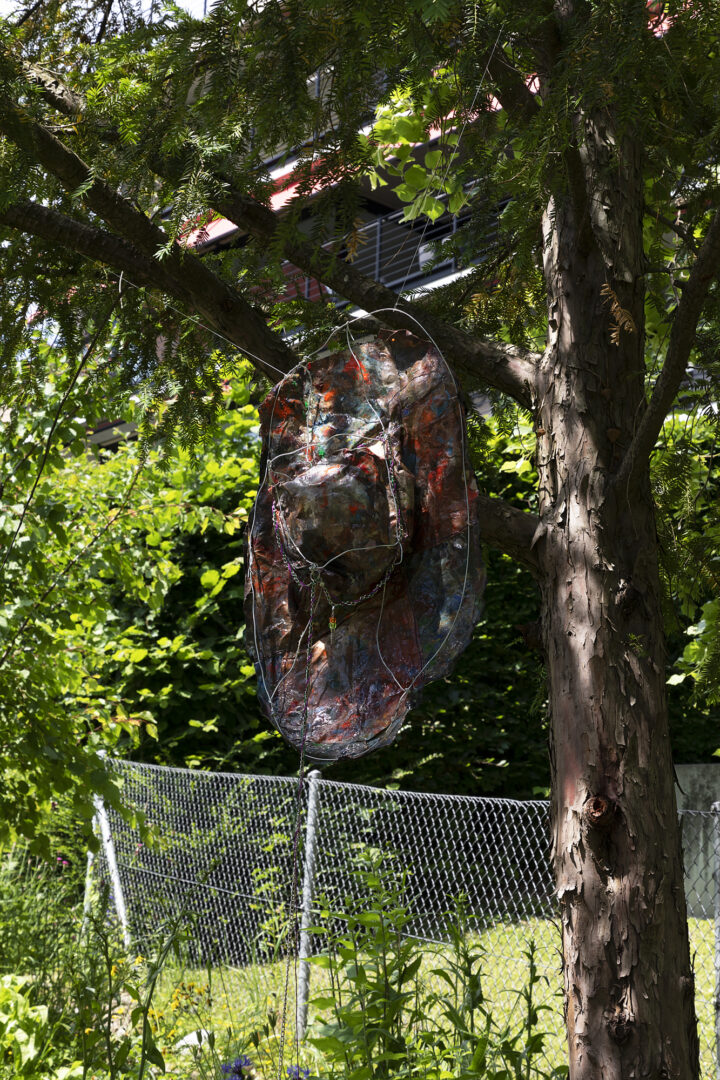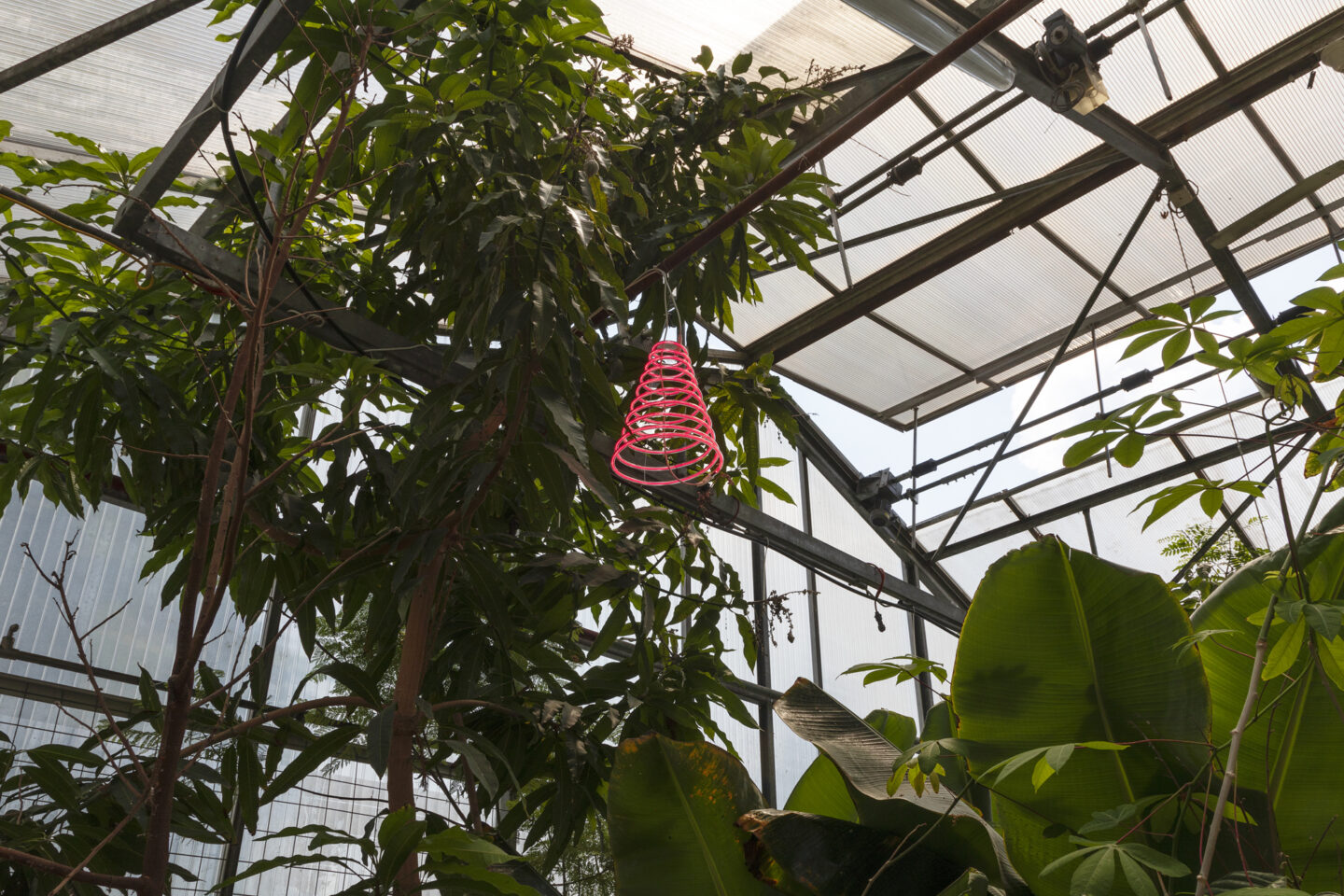ALIMENTO is an exhibition that investigates the act of nourishing. It brings forward the topic of anthropophagy in order to explore food systems that are based on reciprocity/circularity with the earth, other humans and non-human entities, as well as to challenge extractivist, patriarchal, capitalist and colonial models.
With the participation of artists Paloma Ayala, Kadija de Paula, Lívia Melzi, La Polinizadora, Mu, Pedro Zylbersztajn and scientists Dr. Tania Galindo Castañeda, Dr. Sandra Smith Aguilar and Dr. Benjamin Wilde.
ALIMENTO is the first of a series of 3 exhibitions entitled “Earth is the heaviest element” which addresses the need to de-construct and re-construct our relationship to the earth, other humans and non human entities. It brings together the knowledge and practices of Latin American and Swiss artists and scientists together, in order to suggest alternative ways of co-existing.
The exhibition will be between the Art space La_cápsula and the Greenhouse.
Curated by Adriana Domínguez.
In collaboration with arvae.
Symposium & finissage
On 13 June, we organised a symposium on loops, reciprocity, fungi and food, as an exchange between art and science.
There were contributions from Paloma Ayala, La Polinizadora, Mu, Dr. Tania Galindo Castañeda, Dr. Sandra Smith Aguilar and Dr. Benjamin Wilde, which covered topics such as circularity in food systems, when art becomes life, labs of intention and transformation, architecture and anatomy of maize cultivars, growing fungi with human waste, speculative imaginaries, daily resistance practices, hegemony of linearity and the value of shit, intersectional dialogues, urine enriched biochar; and going past poop-phobia.
The finnissage was another beautiful moment of the coming together of our community; and digesting the collaboration and project. Paloma Ayala and Pedro Zylbersztajn proposed dinner and a lecture performance.
We are now planning to continue working on ALIMENTO in 2024, in this constellation of arvae x la_capsula x SAE greenhouse. We experienced a strong collaboration together as a transdisciplinary team (curator, producer and scientist) across many levels – research, content, hosting events, communications.
Being in Morocco
In May 2024 , we attended the International Society of Ethnobiology Congress in Marrakesh with Tara Lasrado to present “ALIMENTO: Exploring food systems based on reciprocity and circularity.” Collaborating with Tara Lasrado, Adriana Domínguez Velasco, and Paloma Ayala, we explored how ALIMENTO challenges extractivist, patriarchal, capitalist, and colonial models through decolonial practices.
We also hosted a Reading Session for the Harvest Festival at Le18Marrakech, featuring readings from Dr. Simon Gwara’s article on human excreta in agriculture, an essay on mycology as a queer discipline by Patricia Kaishian and Hasmik Djoulakian, and an excerpt from Nada Elia’s book “Greater than the Sum of Our Parts: Feminism, Inter/Nationalism, and Palestine.”
Photo credits: Paloma Ayala
